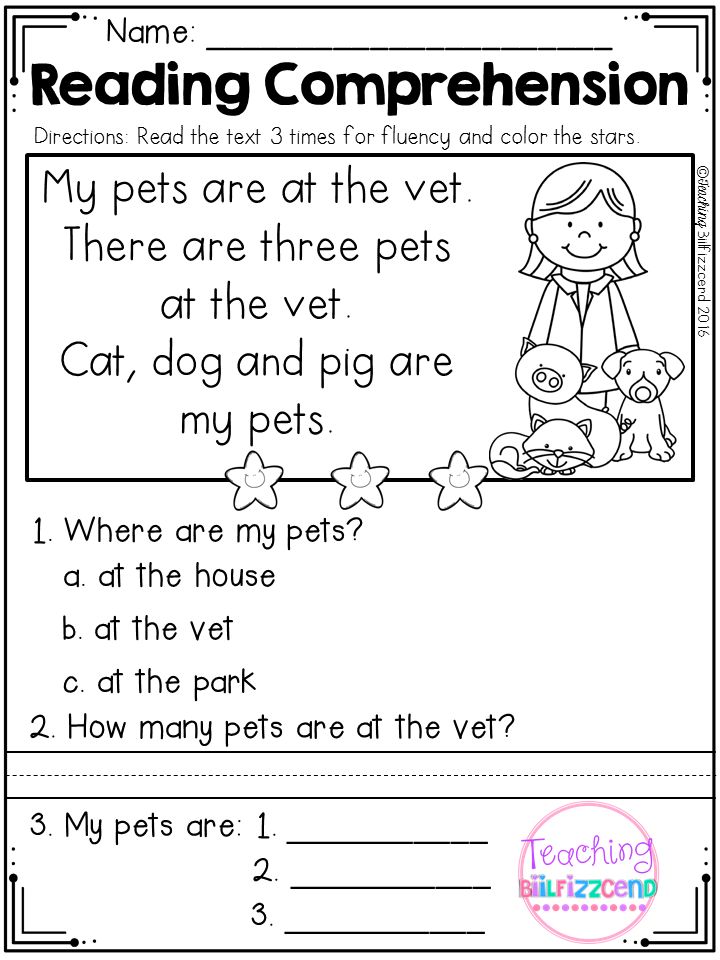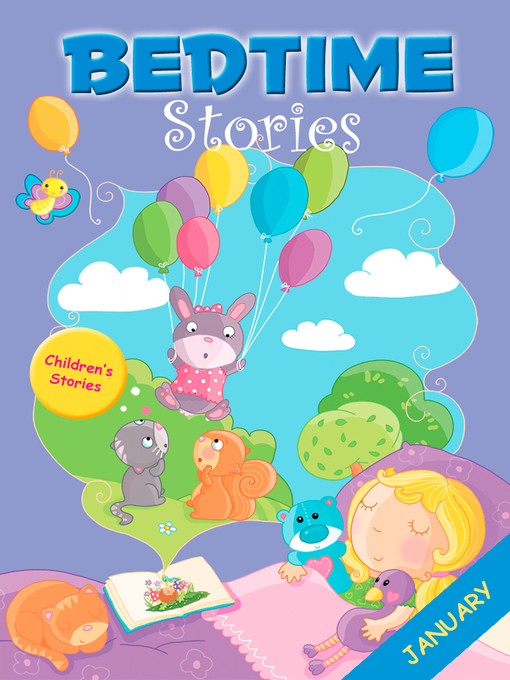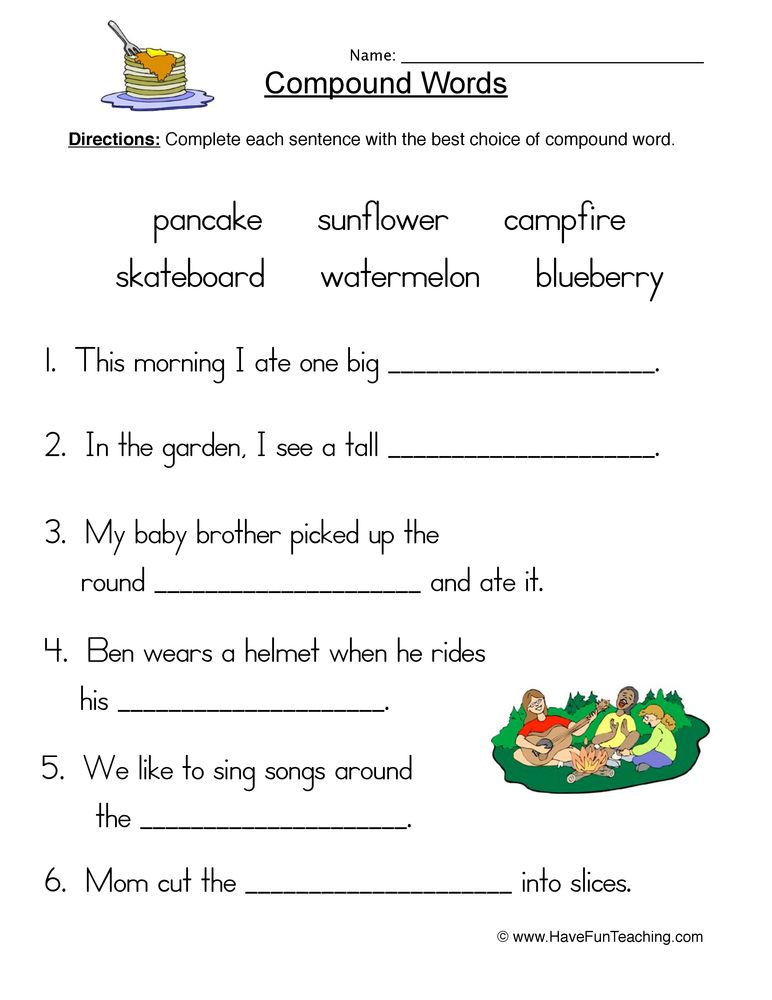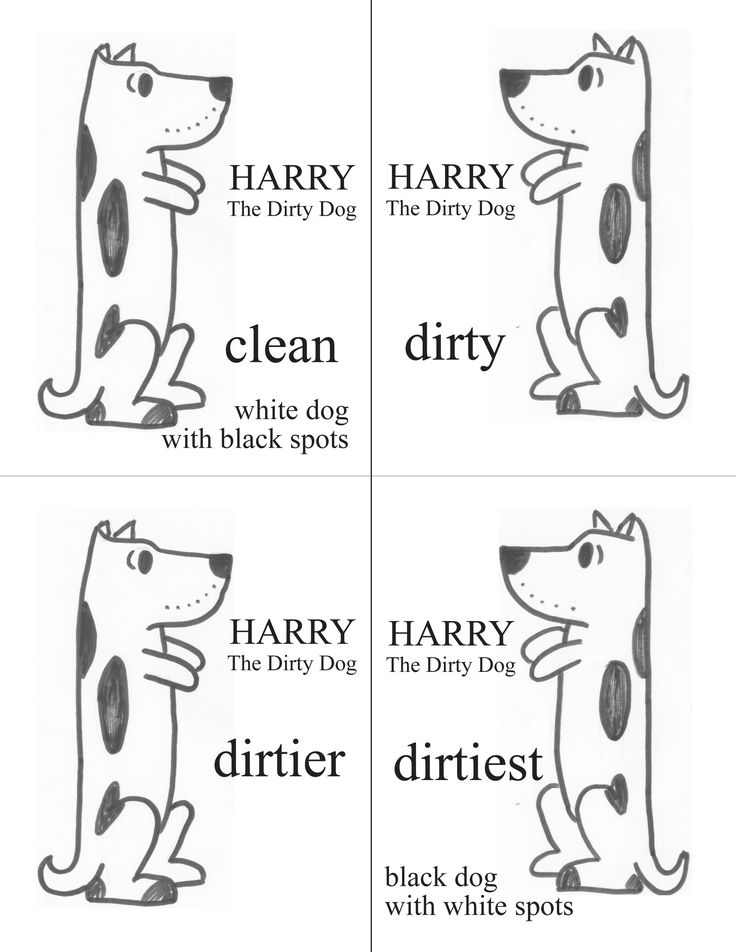Find level of book
How To Determine Reading Level Of A Book
Learning how to determine reading level of a book helps you find appropriate books for your child and challenge their abilities.
When choosing children’s books, the reading level of the book can be pretty important. You want to challenge children to read a bit higher than they think they can while not discouraging them with books that are too difficult.
Whether you have beginning readers or advanced readers in your life, learning how to determine the reading level of a book is a valuable tool. Thankfully, parents and educators have a number of tools available to help them.
This guide will discuss what reading levels are, how to find them and how you can ensure that the books you offer are suitable for the children in your life.
Contents
- Tips on How To Determine Reading Level Of A Book
- What is Reading Level?
- Why Reading Level is Important
- Reading Level and Interest Level
- Common Measures for Reading Levels
- Tools to Find the Reading Level of a Book
- A Final Word on How to Determine Reading Level of a Book
- FAQs About how to Determine Reading Level of a Book
- Author
Tips on How To Determine Reading Level Of A Book
So how can you determine the reading level of a book? Before delving into the tools available to help you find a book that your child can read, first, you must understand what reading level is.
What is Reading Level?
The reading level of a book determines how well a child can read it independently. Unfortunately, reading level is often confused with grade level, so a book with a fourth-grade reading level is designed with vocabulary and syntax that the average fourth grader can understand.
However, it is not always as simple as picking a book that is leveled at your child’s grade level. Your child’s teacher can tell you that students fit into a wide range of levels, even within the same classroom.
As your child’s reading skills develop, you’re going to need to find reading materials that match. Knowing how to read reading levels will help.
Why Reading Level is Important
Children who are learning to read need to have a text they can read successfully. If text is too easy, the child gets bored. If the text is too hard, the child gets frustrated.
This balance is where the reading level helps. Finding a book that matches your child’s abilities and interests will encourage successful reading, and reading level is key to that.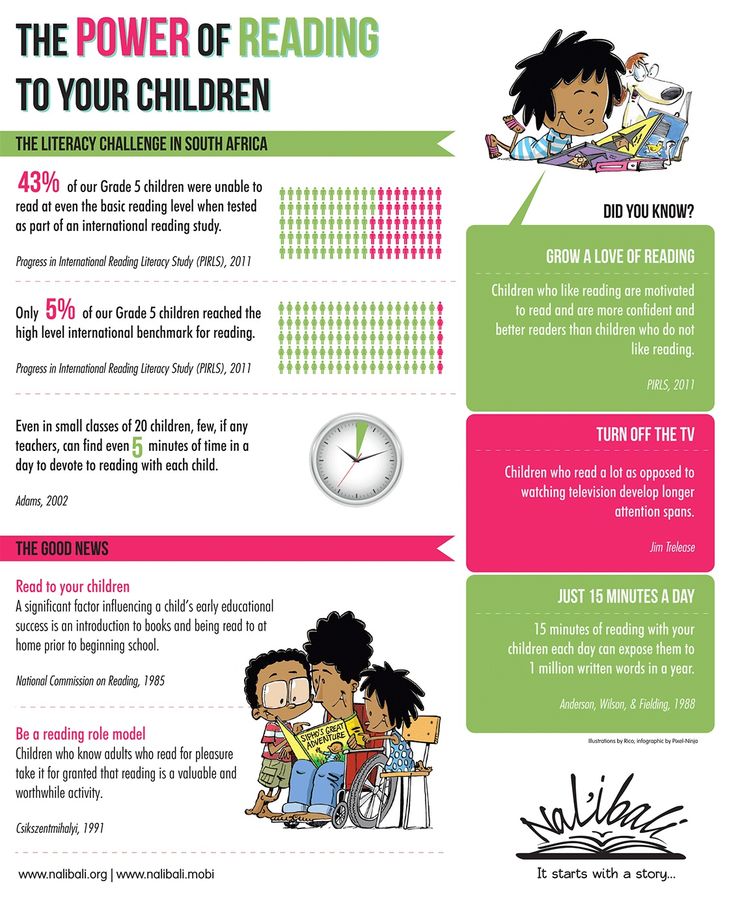
Reading Level and Interest Level
Adding interest level to your decision-making will help guide you to the books they will be most interested in readingAnother benchmark you can check into is interest level. This metric shows how interesting a particular book is likely to be to your child based on their age or grade level.
If a child is particularly behind or advanced in reading level, finding books they want to read but match their reading level becomes more challenging. Adding interest level to your decision-making will help guide you to the books they will be most interested in reading.
Common Measures for Reading Levels
Many tools measure reading levels. As you learn how to determine the reading level of a book, you will find that these tools make the job a lot easier, so you can find a book that fits the child’s reading level. Here are some popular reading systems to consider.
1. Fountas-Pinnell Guided Reading Level
Fountas and Pinnell created the Guided Reading Level. This leveled reading system assigns a level to individual books. Factors that impact that level include repetition of words, the complexity of sentences, and sentence length.
This leveled reading system assigns a level to individual books. Factors that impact that level include repetition of words, the complexity of sentences, and sentence length.
This program uses specialized reading lists with books that already have a grade level measure.
2. Grade Level Equivalent
The Grade Level Equivalent leveled reading system assigns an actual grade level to the book based on what students typically can read at a particular stage of their education. This metric is labeled with a decimal point, where the first number is the grade level, and the number after the decimal point indicates the number of months into the school year the student would be. So, a score of 2.1 means second grade one month into the school year.
For parents that are new to reading levels, this can be a helpful metric as it shows a level they can easily relate to their student’s age and grade. However, parents need to realize that students develop their reading abilities at different speeds, so any particular child may read at, above, or below the published reading level.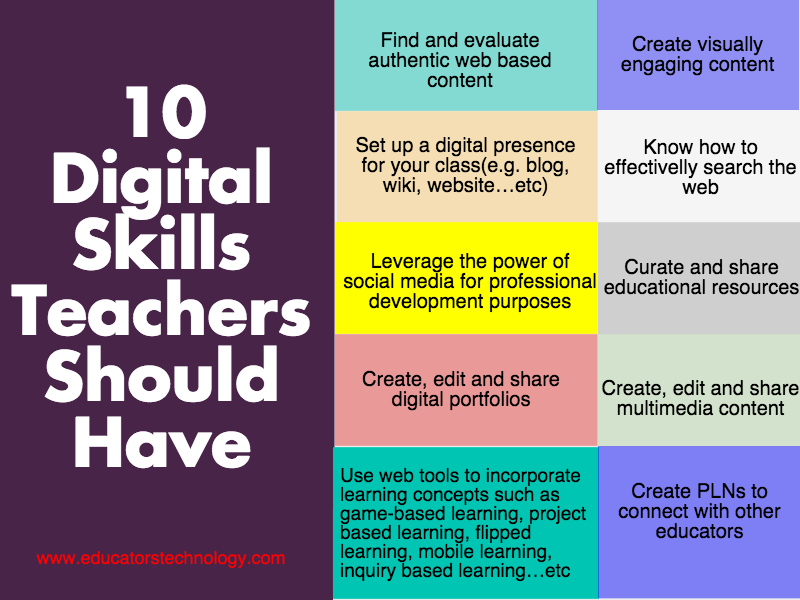
3. Developmental Reading Assessment
The Developmental Reading Assessment, or DRA, assesses a child’s reading ability through a reading test. It then gives the student a score based on that test. Factors it checks include:
- Phonemic awareness
- Alphabetic principles/phonics
- Fluency
- Vocabulary
- Comprehension
- Reading engagement
Books are given corresponding scores based on text complexity and vocabulary. Thus, teachers and parents can easily connect students to books that fit their abilities after taking the test by lining up the test scores with the scores of the book.
4. Lexile Framework for Reading
The Lexile Framework is a National Institute of Child Health and Human Development metric. It uses Scholastic Inventory Test scores to evaluate text and determine what reading level it is.
To use the Lexile Framework, students must take a standard test or the Scholastic Reading Inventory (SRI). This then matches them with a reading level that matches their ability.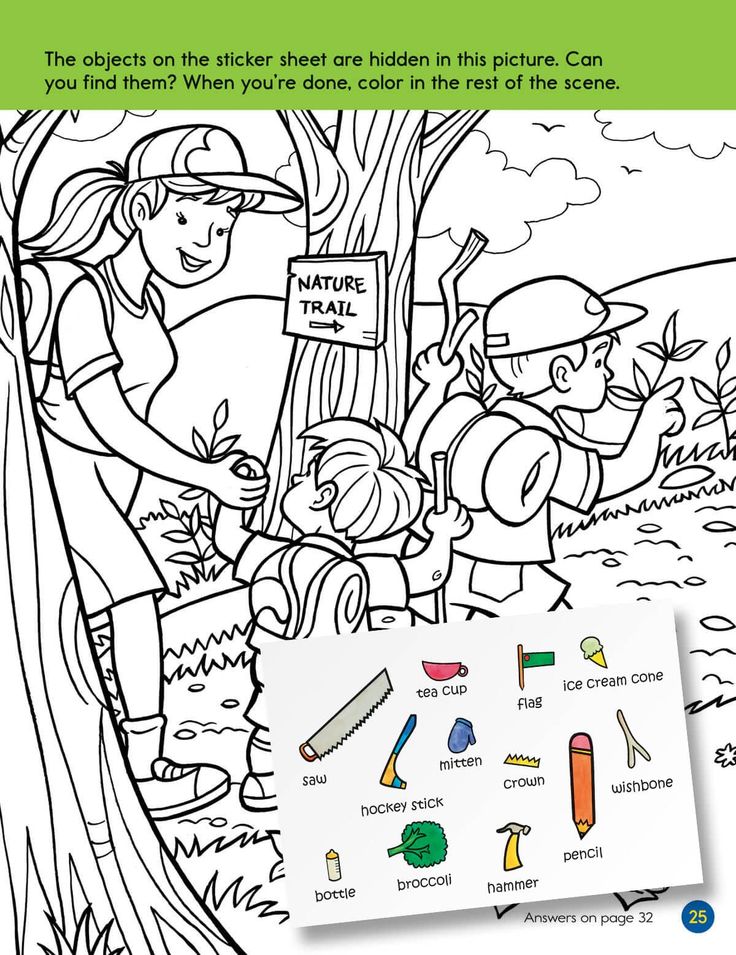
You can look up the Lexile level of a book online on the Lexile website.
5. Accelerated Reader Book Levels
Accelerated Reader is a complex readability formula that rates text complexity. It uses grade level ratings to indicate what year and month a student could read a book independently.
Accelerated Reader is different from straight grade level equivalents because it uses interest level as well. This indicates if the content of a book is age-appropriate for the particular grade level.
Tools to Find the Reading Level of a Book
Understanding the different reading tests and reading level measures is important, but it does not help you learn how to determine the reading level of a book when your child wants to read something. Thankfully, you have several tools at your disposal to help.
1. Scholastic’s Book Wizard
Scholastic offers a book wizard tool that has over 65,000 children’s books in the database. You can search using the title and author to find an individual book’s reading level.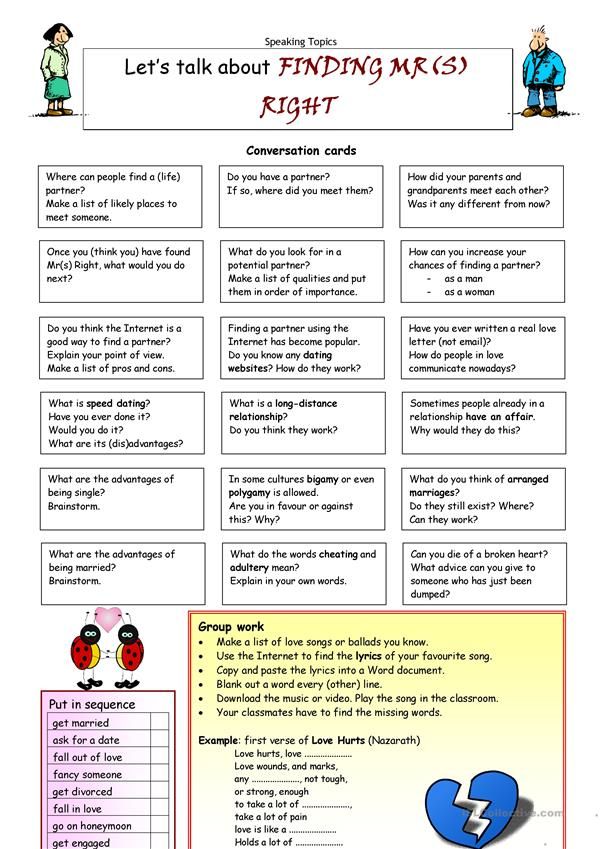 If you are looking for recommendations for your child, you can search by reading level, subject, grade level, or genre and get a list of suggestions.
If you are looking for recommendations for your child, you can search by reading level, subject, grade level, or genre and get a list of suggestions.
2. Renaissance ATOS Analyzer
If you can’t find your book or text in another tool, you can copy a portion of the text into the ATOS Analyzer to see how it rates. This tool uses a readability formula to tell you how easy something is to read. It also merges with the Lexile measure, so you can search for individual books if they are in the database.
3. Lexile Look Up
Lexile’s online tool lets you search for a book by its ISBN. Just enter the number on the Quick Book Search to see if it is in the database. The website also allows you to look at a list of books based on your child’s reading level.
4. Accelerated Reader Search Tool
The AR search tool lets you search for a particular book’s readability, Lexile level, and interest level. It reports a grade level based on whether or not a child will be challenged in the reading but not frustrated.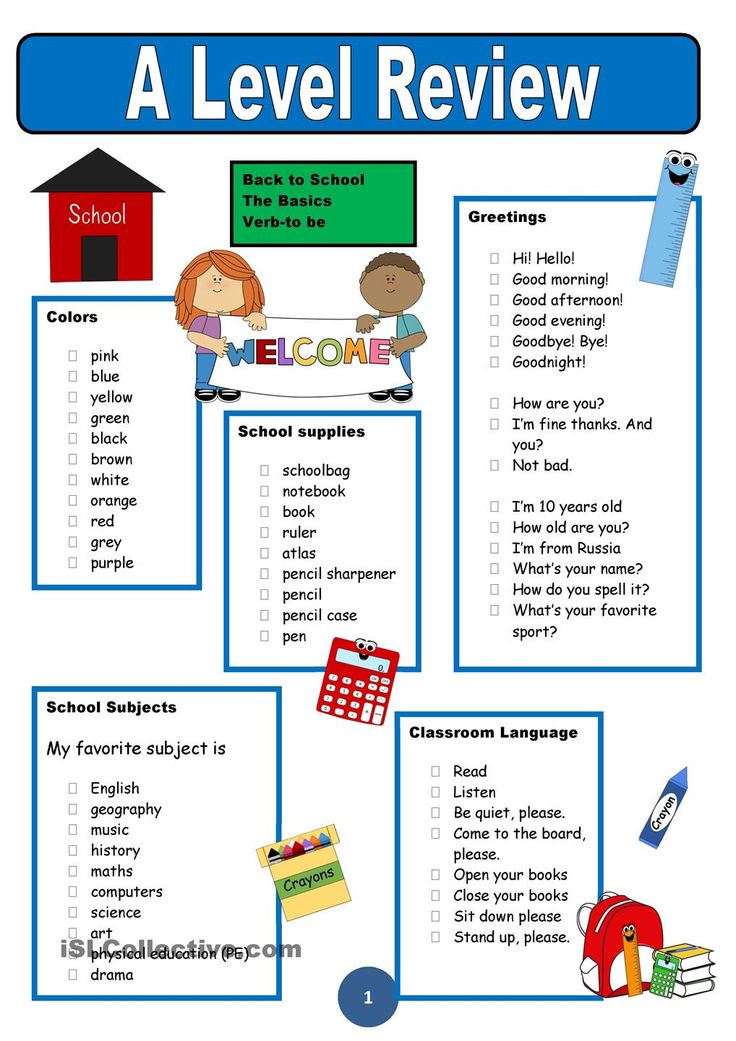
5. Correlation Chart
The Correlation Chart is part of the State of Washington public library system. It lets you find the reading level of a book, then use the tool to compare that to the reading level in another measurement. If you are looking for a specific measure but know another one, this tool can help you compare.
A Final Word on How to Determine Reading Level of a Book
Reading levels help you choose books for your child that fit their interests and abilities. You can avoid frustration and boredom by selecting appropriate books. Using reading levels also encourages more independent reading, especially with young readers.
Parents can sometimes struggle with finding reading levels for different books, but using a book’s ISBN, you can search in several tools that have book lists based on reading level. Using these tools and asking your child’s teacher what their current reading level is will allow you to choose the right reading material for your child.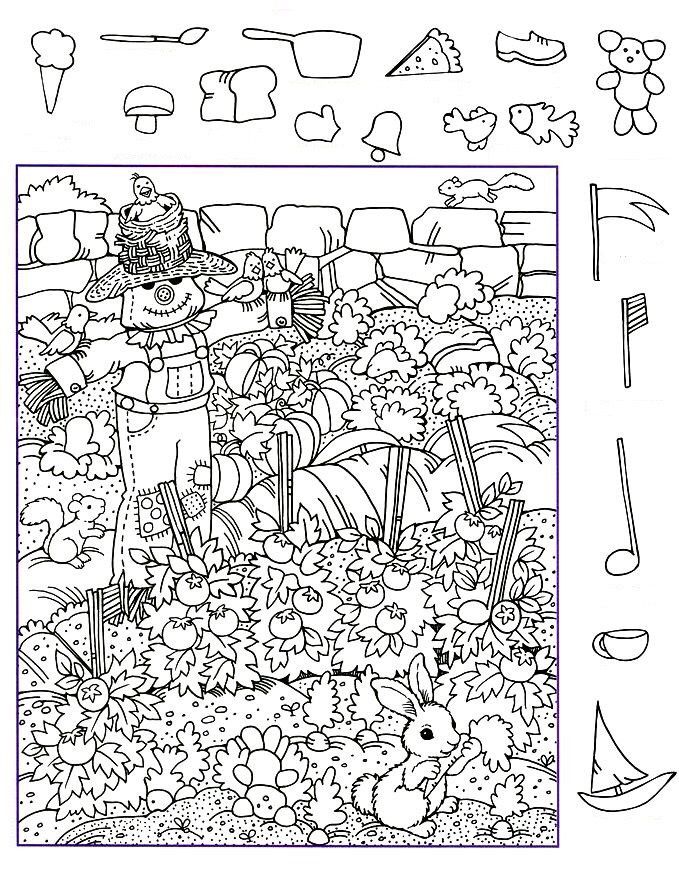
FAQs About how to Determine Reading Level of a Book
How to find the reading level of a book?
Using different tools, such as the Scholastic Book Wizard or the Accelerated Reader Search Tool, you can learn the reading level of many children’s books to help you choose appropriate reading options for your child.
How to determine my child’s Lexile reading level?
If your child is at school, they will be tested each year under their standardized testing program. This testing will give your child a Lexile reader measure. Simply ask your child’s teacher or check their standardized test score report to learn your child’s measure.
Join over 15,000 writers today
Get a FREE book of writing prompts and learn how to make more money from your writing.
Powered by ConvertKitAuthor
Search - Booksource
Despite global supply chain issues, Booksource is making sure customers get their book orders.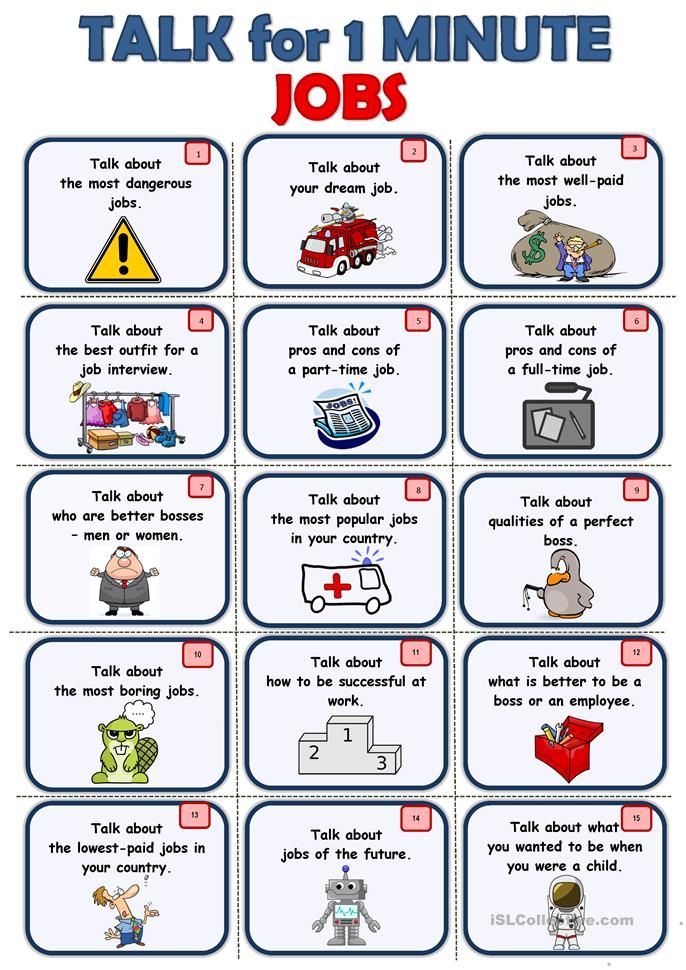 Click to learn more.
Click to learn more.
Clear All Fields Search
ADVANCED SEARCH FOR TITLES AND COLLECTIONS
| Subjects (available) Abridged Version Abuse Activism Adapted Version Adventure Africa Age Of Exploration Allegorical Tale Alphabet Book American Revolution Amphibians Ancient Civilizations Animal and Non-Human Characters Animals Anthology Architecture Art Asia Asian American Protagonist Australia and Oceania Authentic Spanish Language Big Book Bilingual Biography Birds Black and African American Protagonist Blends Board Book Book Based On A Song Book on CD Boxed Set Bullies & Cliques Business, Economics and Trade Canada Capitalization & Punctuation Careers & Occupations Caribbean Central and South America Chapter Book Chemistry China Choose Your Adventure Christianity Christmas Chronological Pattern Civil Rights Movement Civil War Classic Literature Coding & Computer Programming Cold War College Preparation Colonial America Colors Coming Of Age Common Core Text Exemplar Community & Neighborhoods Computers & Internet Concept Consonant Sounds Cooking Counting Death & Grieving Decimals, Fractions, and Percents Decodable Texts Dictionary & Thesaurus Digraphs Dinosaurs Diphthong Disasters Drama, Films & Plays Dystopian Literature Earth Science Easter Ecology and Environment Education Egypt Electricity Emergent Reader Engineering England, Ireland & Scotland Essays Estimation Europe Evolution Fairy Tales Fairy Tales Retold Fantasy Fictional Biography Figurative Language Financial Literacy Fish Fitness & Exercise Folktales, Fables & Legends Food Food Chains and Food Webs Fossils Gender Roles Genetics & Heredity Geography Geology Geometry Government and Civics Grammar Graphic Literature & Graphic Novels Graphing Great Depression Growth Mindset Guided Reading Label Books Guided Reading Wordless Books Habitats & Ecosystems Halloween Harlem Renaissance Health & Nutrition High Interest Low Reading Level High Interest Picture Book Historical Fantasy Historical Fiction History Hobbies & Crafts Holidays & Celebrations Holocaust Human Body / Anatomy Human Rights Humor Illustrated Chapter Book Illustrated Classics Immigrant Experience India Industrial Revolution Informational Fiction Insects, Bugs, and Spiders Interactive Books International Characters International Studies Inventions Iraq War Japan Korea Labeled Book Language, Usage & Wordplay Lap-Sized Edition Large Print Latino and Latina Protagonists Letters, Diaries & Journals Leveled Reading Label Books Leveled Reading Wordless Books Life Cycles Life Science Literary Connections Magical Realism Mammals Manga Maps & Mapping Mark Twain Award Mathematical Probability Mathematics Mature Subject Matter Measurement Media Tie-In Medicine Medieval History & the Middle Ages Memoir & Autobiography Mexico Middle East Midwest Region Military Mindfulness Money & Currency Multiple Narrators Music & Dance Mystery Mythology Native American Protagonist Nature Needs And Wants Neurodiversity and Neurodivergence New England States New York City North America Novels In Verse Nursery Rhymes Oceans Olympics Opposites Pacific Northwest Paperback Original Parenting Patterns Pets Philosophy Phonics Photographic Illustration Physical Sciences Picture Book Pirates Plants Poetry Polar Regions Police and Police Officers Politics Popular Culture Predicting Prehistoric Life Primary Source Material Procedural Text & How To Book Professional Development R-Controlled Vowels Racial Issues Rainforest Read Aloud Recommendation Readers Theater Reading Recovery 24 Realistic Fiction Rebus Book Reference Refugee Experience Religious Themes Renaissance Repetitive Language Reptiles Rhyme & Rhythm Rich Vocabulary Romance Rules & Laws Russia Safety Scary Stories/Horror School Stories Science Science Fiction Seasons & Calendar Senses Sexual Assault and Abuse Sexuality Shapes & Sizes Short Stories Short Texts Short Vowels Sibling Relationships Sight Words Silent E Slavery Social Issues Social Media & Electronic Communication Social Studies Solar System & Outer Space Speeches Sports Stress and Anxiety Striving Reader Recommendation Study Skills Suggestive or Strong Language Suicide and Suicidal Thoughts Superheroes Supernatural/Paranormal Survival Stories Suspense Teaching Reading Teaching Writing Technology Teen Pregnancy Test Prep Text Feature Bibliography Text Features Charts, Tables, Graphs Thanksgiving Traditional Literature Transportation Trivia & Facts True Crime U. 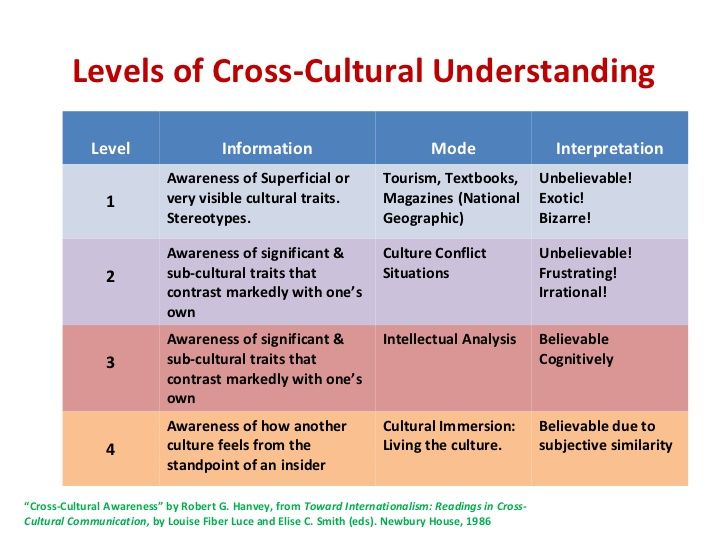 S. Studies
Unexplained Phenomena
Units of Time (Day, Week, Month)
Unreliable Narrator
Valentine's Day
Vampire
Vietnam
Vietnam War
Vowel Teams
War
War Of 1812
Water Cycle
Weather
Westward Expansion
Women's History
Women's Suffrage Movement
Word Family Rimes
Wordless Book
Workbook
World War I
World War II
Yoga and Meditation
Young Readers Edition S. Studies
Unexplained Phenomena
Units of Time (Day, Week, Month)
Unreliable Narrator
Valentine's Day
Vampire
Vietnam
Vietnam War
Vowel Teams
War
War Of 1812
Water Cycle
Weather
Westward Expansion
Women's History
Women's Suffrage Movement
Word Family Rimes
Wordless Book
Workbook
World War I
World War II
Yoga and Meditation
Young Readers Edition
| Subjects (selected) |
Fiction/Nonfiction: FictionNonfictionBoth
INTEREST AND READING LEVELS
Interest Level: AllPre-KK123456789101112Adult to AllPre-KK123456789101112Adult
Guided Reading: AllABCDEFGHIJKLMNOPQRSTUVWXYZZ+ to AllABCDEFGHIJKLMNOPQRSTUVWXYZZ+
Lexile Level: to
Lexile Code: AllAD: Adult DirectedBR: Beginning ReaderGN: Graphic NovelHL: High-LowIG: Illustrated GuideNC: Non-ConformingNP: Non-ProseIcon
Accelerated Reader:
All0.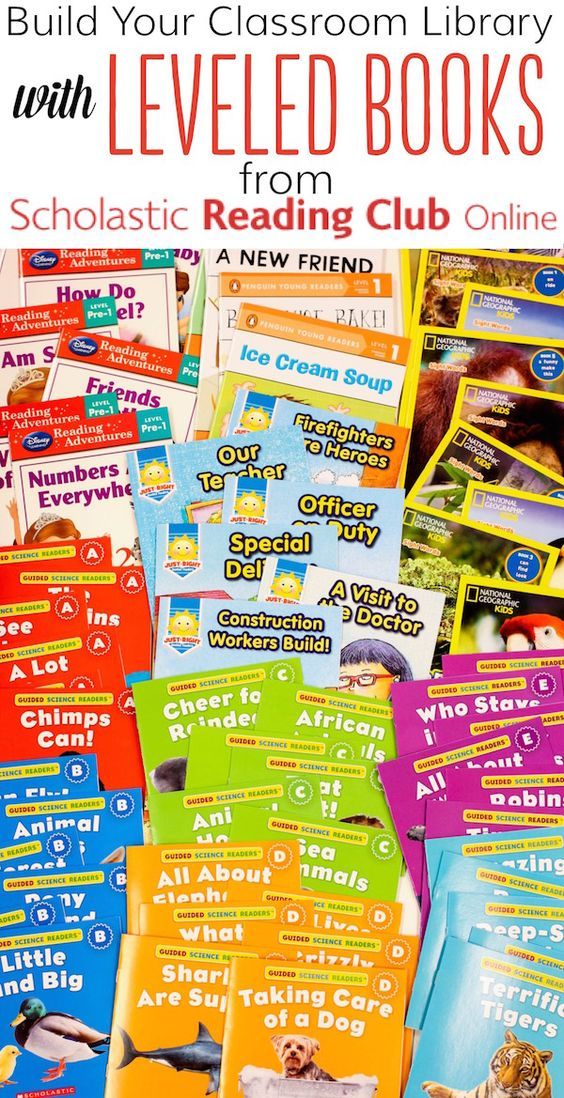 10.20.30.40.50.60.70.80.91.01.11.21.31.41.51.61.71.81.92.02.12.22.32.42.52.62.72.82.93.03.13.23.33.43.53.63.73.83.94.04.14.24.34.44.54.64.74.84.95.05.15.25.35.45.55.65.75.85.96.06.16.26.36.46.56.66.76.86.97.07.17.27.37.47.57.67.77.87.98.08.18.28.38.48.58.68.78.88.99.09.19.29.39.49.59.69.79.89.910.010.110.210.310.410.510.610.710.810.911.011.111.211.311.411.511.611.711.811.912.012.112.212.312.412.512.612.712.812.913.013.113.213.313.413.5
to
All0.10.20.30.40.50.60.70.80.91.01.11.21.31.41.51.61.71.81.92.02.12.22.32.42.52.62.72.82.93.03.13.23.33.43.53.63.73.83.94.04.14.24.34.44.54.64.74.84.95.05.15.25.35.45.55.65.75.85.96.06.16.26.36.46.56.66.76.86.97.07.17.27.37.47.57.67.77.87.98.08.18.28.38.48.58.68.78.88.99.09.19.29.39.49.59.69.79.89.910.010.110.210.310.410.510.610.710.810.911.011.111.211.311.411.511.611.711.811.912.012.112.212.312.412.512.612.712.812.913.013.113.213.313.413.5
10.20.30.40.50.60.70.80.91.01.11.21.31.41.51.61.71.81.92.02.12.22.32.42.52.62.72.82.93.03.13.23.33.43.53.63.73.83.94.04.14.24.34.44.54.64.74.84.95.05.15.25.35.45.55.65.75.85.96.06.16.26.36.46.56.66.76.86.97.07.17.27.37.47.57.67.77.87.98.08.18.28.38.48.58.68.78.88.99.09.19.29.39.49.59.69.79.89.910.010.110.210.310.410.510.610.710.810.911.011.111.211.311.411.511.611.711.811.912.012.112.212.312.412.512.612.712.812.913.013.113.213.313.413.5
to
All0.10.20.30.40.50.60.70.80.91.01.11.21.31.41.51.61.71.81.92.02.12.22.32.42.52.62.72.82.93.03.13.23.33.43.53.63.73.83.94.04.14.24.34.44.54.64.74.84.95.05.15.25.35.45.55.65.75.85.96.06.16.26.36.46.56.66.76.86.97.07.17.27.37.47.57.67.77.87.98.08.18.28.38.48.58.68.78.88.99.09.19.29.39.49.59.69.79.89.910.010.110.210.310.410.510.610.710.810.911.011.111.211.311.411.511.611.711.811.912.012.112.212.312.412.512.612.712.812.913.013.113.213.313.413.5
Reading Recovery: All1234567891011121314151617181920 to All1234567891011121314151617181920
Grade Level Equivalent: AllPre-KK123456789101112 to AllPre-KK123456789101112
BINDING / FORMAT
OTHER SPECIFICATIONS
| Publishers (available) 45th Parallel Press Abbeville Press ABDO Publishing Abrams Abrams Books Acorn Press Adaptive Books Adventure Publications Agate Publishing AK Press Akiara Alaska Northwest Alazar Albatros Albert Whitman & Company ALGAR EDITORIAL Allen & Unwin Almadraba Infantil y Juvenil Amazon Amberjack American Girl Publishing American Psychological Association Amicus Ink Andrews & McMeel Angus & Robertson Annick Press AP Editions Apila Applesauce Press Arbordale Publishing Arcturus Publishing Arsenal Pulp Press Arte Publico Press ASCD Atlantic Publishing Group Audio Bookshelf August House Publishers, Inc. 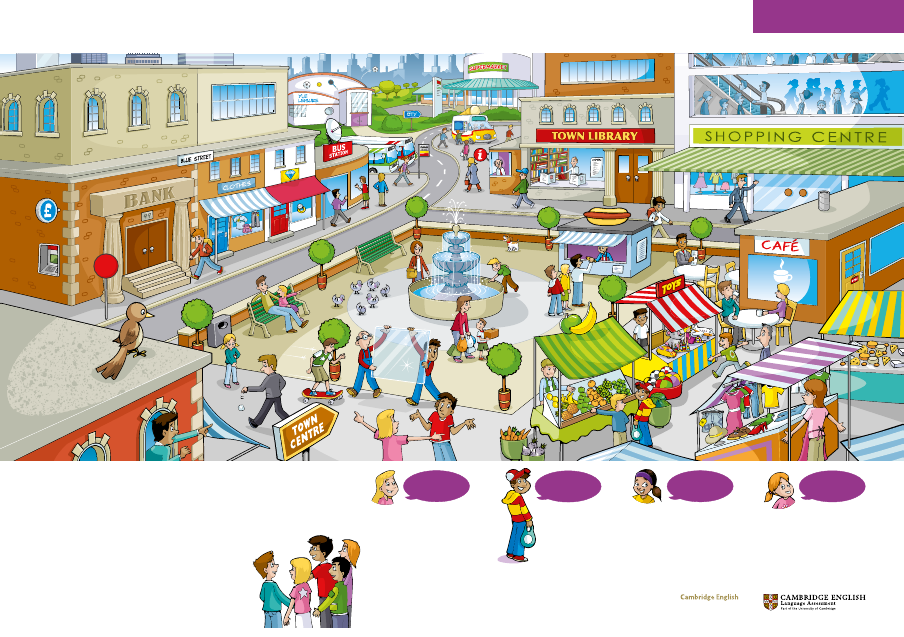 Automatic Publishing
Avon
B.E.S. Publishing
Bailiwick Press
Baker & Taylor Publishing Services
Bambu
Barefoot Books
Barron's Educational Series
Basic Books
Bearport
Bebop Books
Beetle Books
Bellwether
Bellwether Media
Bellwood
Ben Bella Books
Berbay
Beyond Words Publishing
Big And Small
Big Kid Science
Black Balloon Publishing
Black Dog & Leventhal
Black Rabbit Books
Black Ship Publishing
Bloomsbury
Blue Apple Books
Blueberry Hill Books
Bluewood Books
Bolt
Book Publishing Co.
Automatic Publishing
Avon
B.E.S. Publishing
Bailiwick Press
Baker & Taylor Publishing Services
Bambu
Barefoot Books
Barron's Educational Series
Basic Books
Bearport
Bebop Books
Beetle Books
Bellwether
Bellwether Media
Bellwood
Ben Bella Books
Berbay
Beyond Words Publishing
Big And Small
Big Kid Science
Black Balloon Publishing
Black Dog & Leventhal
Black Rabbit Books
Black Ship Publishing
Bloomsbury
Blue Apple Books
Blueberry Hill Books
Bluewood Books
Bolt
Book Publishing Co.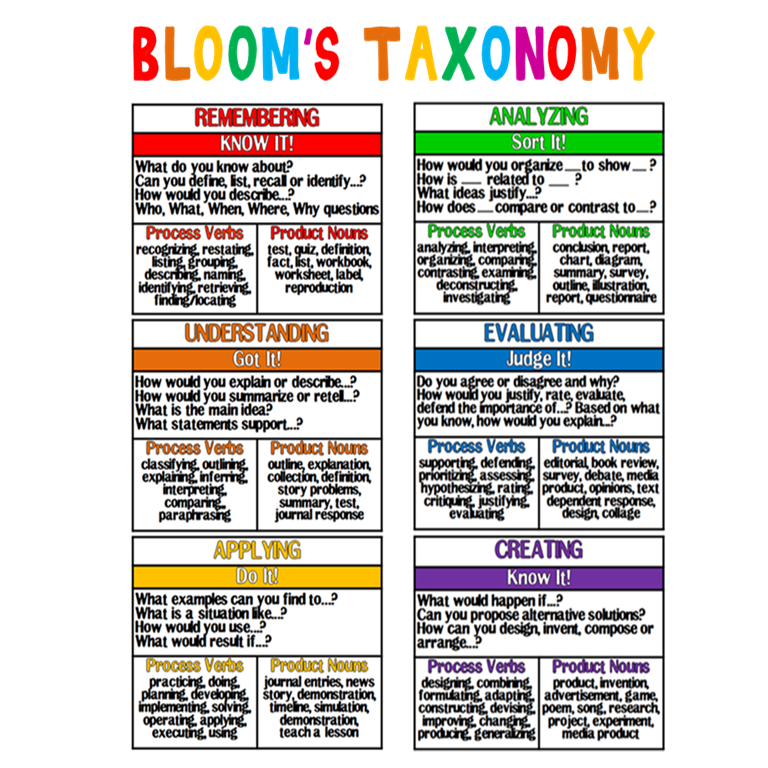 (BPC)
BookLife
Booksource
Boom! Studios
Boyds Mills Press
Boys Town Press
Bright Sky Press
Brilliance Publishing
Brookings Institute Press
Brown Books
Bushel & Peck
Button Books
Callaway Arts & Entertainment
Callisto Media
Candlewick Press
Canongate Books
Capstone
Cardinal Rule Press
Carson-Dellosa Publishing
Cassava Republic Press
Catalyst Press
Cengage Learning
Centennial Books
Central Avenue
Chariot Victor Publishing / David C Cook
Charlesbridge
Charlesbridge Publishing
Cherry Lake Publishing
Chicago Review Press
Child's Play
Chooseco
Chronicle Books
Cider Mill Press
Cinco Puntos Press
Classical Comics
Clavis Publishing, Inc. (BPC)
BookLife
Booksource
Boom! Studios
Boyds Mills Press
Boys Town Press
Bright Sky Press
Brilliance Publishing
Brookings Institute Press
Brown Books
Bushel & Peck
Button Books
Callaway Arts & Entertainment
Callisto Media
Candlewick Press
Canongate Books
Capstone
Cardinal Rule Press
Carson-Dellosa Publishing
Cassava Republic Press
Catalyst Press
Cengage Learning
Centennial Books
Central Avenue
Chariot Victor Publishing / David C Cook
Charlesbridge
Charlesbridge Publishing
Cherry Lake Publishing
Chicago Review Press
Child's Play
Chooseco
Chronicle Books
Cider Mill Press
Cinco Puntos Press
Classical Comics
Clavis Publishing, Inc.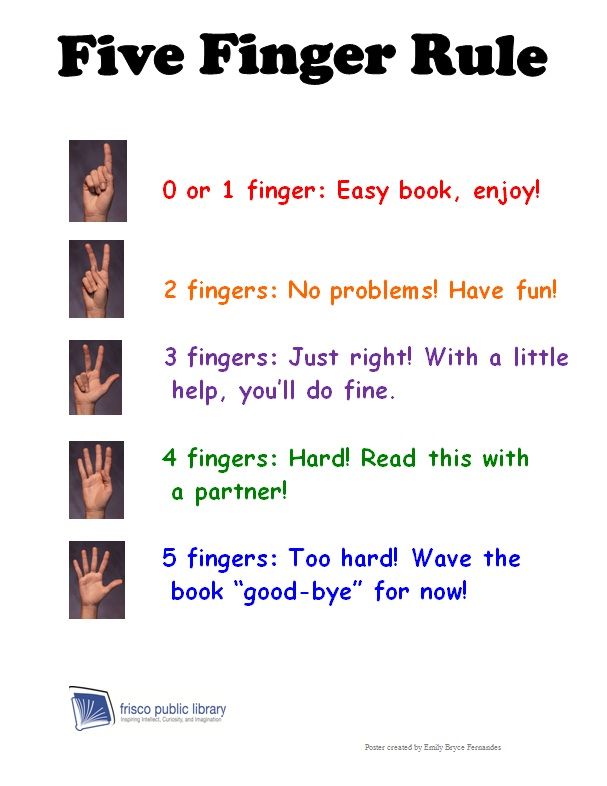 Clovercroft Publishing
Combel Editorial
Compass Point Books
Compendium
Conari Press
Consortium Book Sales & Distribution
Cooper Square Publishing, LLC
Cormorant Books
Cormorant Books, Inc.
Cottage Door Press
Crabtree
Crabtree Publishing
Crackboom!
Creative Teaching Press
Creston Books
Cricket Media
Cross Your Fingers
Cuento De Luz
Da Capo Press
Dafina Books
Dark Horse Comics
David Macaulay Studio
Dawn Publications
DC Comics
Devorss & Company
Diamond Book Distributors
Disney Book Group
Diversion Publishing
DK Publishing
Dottir
Dover Publications
Drawn and Quarterly
Dundurn
Duo Press
Earth Science Simplified
ECS Learning Systems, Inc.
Clovercroft Publishing
Combel Editorial
Compass Point Books
Compendium
Conari Press
Consortium Book Sales & Distribution
Cooper Square Publishing, LLC
Cormorant Books
Cormorant Books, Inc.
Cottage Door Press
Crabtree
Crabtree Publishing
Crackboom!
Creative Teaching Press
Creston Books
Cricket Media
Cross Your Fingers
Cuento De Luz
Da Capo Press
Dafina Books
Dark Horse Comics
David Macaulay Studio
Dawn Publications
DC Comics
Devorss & Company
Diamond Book Distributors
Disney Book Group
Diversion Publishing
DK Publishing
Dottir
Dover Publications
Drawn and Quarterly
Dundurn
Duo Press
Earth Science Simplified
ECS Learning Systems, Inc.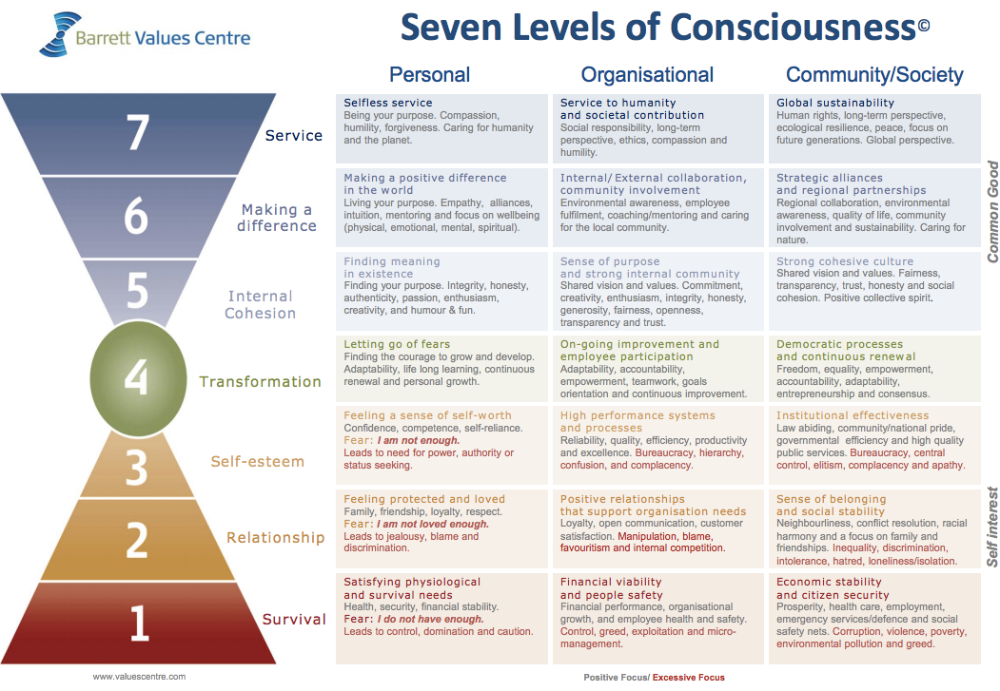 Edaf
Ediciones Aljibe
Editorial Alma
Editorial El Pirata
Editorial Kairos
Editorial Oceano De Mexico
Editorial Salamandra
Educational Development Corporation Publishing
EK Books
Enchanted Lion Books
Enslow Publishers
Faber + Faber
Fabled Films Press
Familius
Farrar, Straus and Giroux
Federal Street Press
Feeding Minds
Feiwel & Friends
Feminist Press
Firefly Books
Fitzhenry & Whiteside Publishing
Fitzroy
Flamingo Rampant
Flashlight Press
Floris
Flowerpot Press
Flyaway Books
Flying Start Books
Fondo De Cultura Economica, USA
Free Spirit Publishing
Fulcrum Publishing
Future Horizons
Gardner Publishing
Gareth Stevens Publishing
Gecko Press USA
Gestalten Books
Gibbs Smith
Good Year Books
Gran Travesia
Granity Studios
Graphic Arts Books
Green Card Voices
Greenhaven Press
Groundwood Books
Grove Press
Gryphon House, Inc.
Edaf
Ediciones Aljibe
Editorial Alma
Editorial El Pirata
Editorial Kairos
Editorial Oceano De Mexico
Editorial Salamandra
Educational Development Corporation Publishing
EK Books
Enchanted Lion Books
Enslow Publishers
Faber + Faber
Fabled Films Press
Familius
Farrar, Straus and Giroux
Federal Street Press
Feeding Minds
Feiwel & Friends
Feminist Press
Firefly Books
Fitzhenry & Whiteside Publishing
Fitzroy
Flamingo Rampant
Flashlight Press
Floris
Flowerpot Press
Flyaway Books
Flying Start Books
Fondo De Cultura Economica, USA
Free Spirit Publishing
Fulcrum Publishing
Future Horizons
Gardner Publishing
Gareth Stevens Publishing
Gecko Press USA
Gestalten Books
Gibbs Smith
Good Year Books
Gran Travesia
Granity Studios
Graphic Arts Books
Green Card Voices
Greenhaven Press
Groundwood Books
Grove Press
Gryphon House, Inc.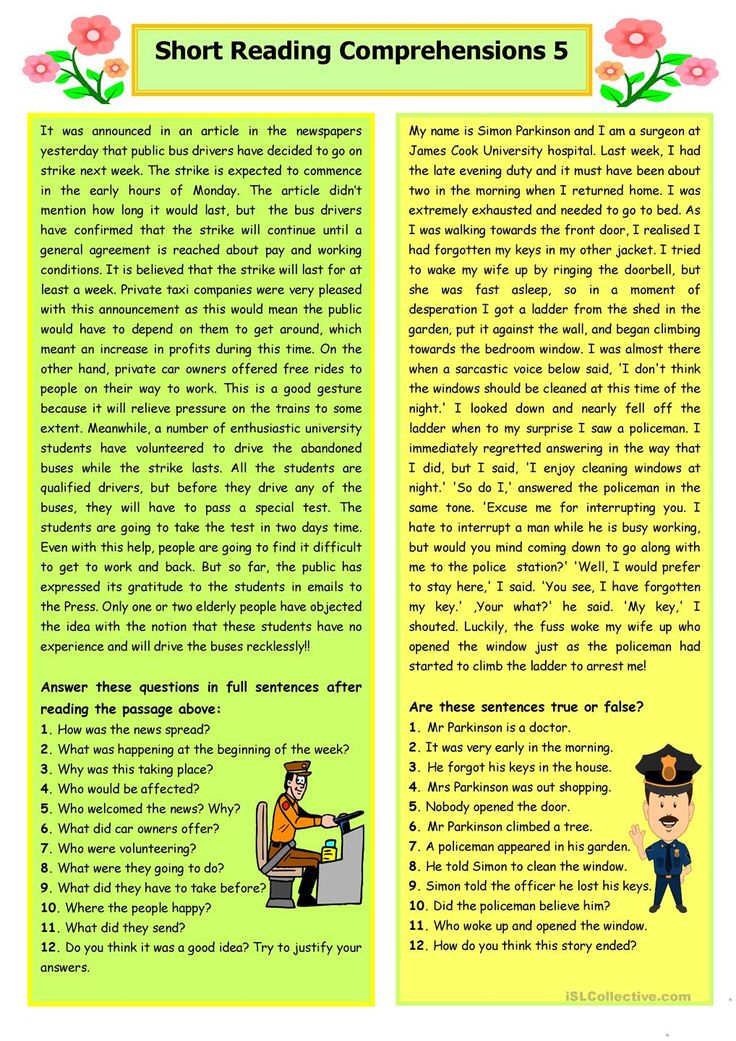 Guinness Records
Hachette Book Group
Hachette Book Group UK
Hameray Publishing Group
Handersen
Handprint Books
Harlequin
Harper Collins
HarperCollins
HarperCollins Christian Publishing
Heinemann Professional
Heinemann-Raintree
Henry Holt & Company
Heritage House Publishing
Heyday
HighBridge Audio
Highlights Press
Hippocrene Books
Holiday House
Houghton Mifflin Harcourt
Humanoids
Hungry Tomato
IDW Publishing
IFWG Publishing International
IgKids
Image Comics
Independent Publishers Group
Infobase Publishing
Ingram Publisher Services
Ingram Wholesale
Inhabit Media
Innovative Kids
Insight Editions
Interlude
Iron Circus Comics
Islandport Press
Iversen Publishing
Jaguar
JayJo Publishing
Jessica Kingsley
Jossey-Bass Publishers
Jump Library
Jump!
Junior Learning
Just Us Books, Inc.
Guinness Records
Hachette Book Group
Hachette Book Group UK
Hameray Publishing Group
Handersen
Handprint Books
Harlequin
Harper Collins
HarperCollins
HarperCollins Christian Publishing
Heinemann Professional
Heinemann-Raintree
Henry Holt & Company
Heritage House Publishing
Heyday
HighBridge Audio
Highlights Press
Hippocrene Books
Holiday House
Houghton Mifflin Harcourt
Humanoids
Hungry Tomato
IDW Publishing
IFWG Publishing International
IgKids
Image Comics
Independent Publishers Group
Infobase Publishing
Ingram Publisher Services
Ingram Wholesale
Inhabit Media
Innovative Kids
Insight Editions
Interlude
Iron Circus Comics
Islandport Press
Iversen Publishing
Jaguar
JayJo Publishing
Jessica Kingsley
Jossey-Bass Publishers
Jump Library
Jump!
Junior Learning
Just Us Books, Inc.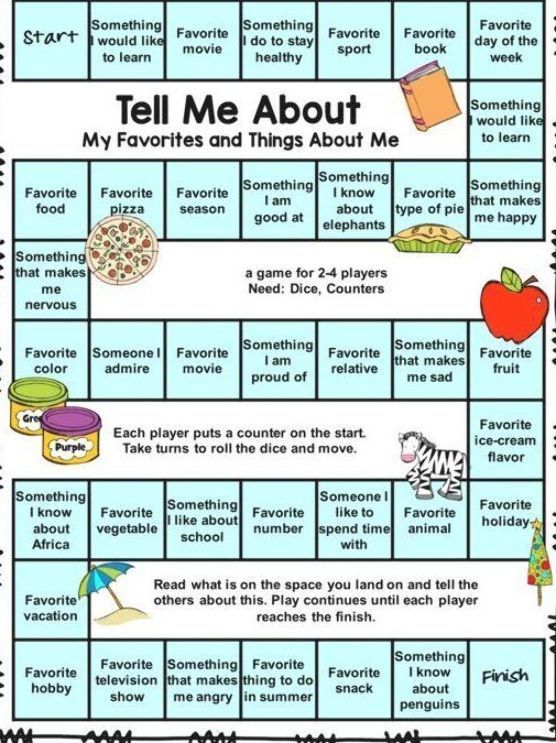 Kaeden Books
Kane Miller Book Publishers
Kane Press
Kaplan Publishing
Kensington Publishing Corporation
Kids Can Press
Kingfisher
Knowledge Books
Lectorum
Lee and Low
Lerner
Levine Querido
Listen & Live Audio
Little Bee Books
Little Blue House
Little Genius Books
Little Hare
Little Patriot Press
Little, Brown
Live Oak Media
London Town Press
Lonely Planet
Macmillan
Macmillan Iberia
Magic Touch Books
Maple Tree Press
Maren Green Publishing, Inc.
Marshall Cavendish
Mary Ruth Books
Mason Crest Publishers
Maverick Books
McGraw-Hill
McSweeney's
Meadowbrook Press
Medicine Wheel Eduction
Meredith Special Interest Media/Books
Merriam-Webster Inc.
Kaeden Books
Kane Miller Book Publishers
Kane Press
Kaplan Publishing
Kensington Publishing Corporation
Kids Can Press
Kingfisher
Knowledge Books
Lectorum
Lee and Low
Lerner
Levine Querido
Listen & Live Audio
Little Bee Books
Little Blue House
Little Genius Books
Little Hare
Little Patriot Press
Little, Brown
Live Oak Media
London Town Press
Lonely Planet
Macmillan
Macmillan Iberia
Magic Touch Books
Maple Tree Press
Maren Green Publishing, Inc.
Marshall Cavendish
Mary Ruth Books
Mason Crest Publishers
Maverick Books
McGraw-Hill
McSweeney's
Meadowbrook Press
Medicine Wheel Eduction
Meredith Special Interest Media/Books
Merriam-Webster Inc. Mighty Media Kids
Mikaya Press
Milet Books
Milkweed Editions
Mims House
Minoan Moon Publishing
Missionday
Mondo Publishing
Morgan James Kids
Mountain Press
Muddy Boots Books
Namelos, LLC.
National Book Network
National Center For Youth Issues
National Geographic Society
National Science Teachers Association
New Directions Publishing Corporation
New Frontier Publishing
New World Library
Newmark Learning
No Starch Press
Nobrow Press
Nomad Press
North Star Editions
North Star Publishing
Northampton
Northland Publishing
NorthWord Books
Norwood House Press
Nostra
NubeOcho
Obelisco
Oceano Historias Graficas
Octopus Publishing Group, Ltd.
Mighty Media Kids
Mikaya Press
Milet Books
Milkweed Editions
Mims House
Minoan Moon Publishing
Missionday
Mondo Publishing
Morgan James Kids
Mountain Press
Muddy Boots Books
Namelos, LLC.
National Book Network
National Center For Youth Issues
National Geographic Society
National Science Teachers Association
New Directions Publishing Corporation
New Frontier Publishing
New World Library
Newmark Learning
No Starch Press
Nobrow Press
Nomad Press
North Star Editions
North Star Publishing
Northampton
Northland Publishing
NorthWord Books
Norwood House Press
Nostra
NubeOcho
Obelisco
Oceano Historias Graficas
Octopus Publishing Group, Ltd.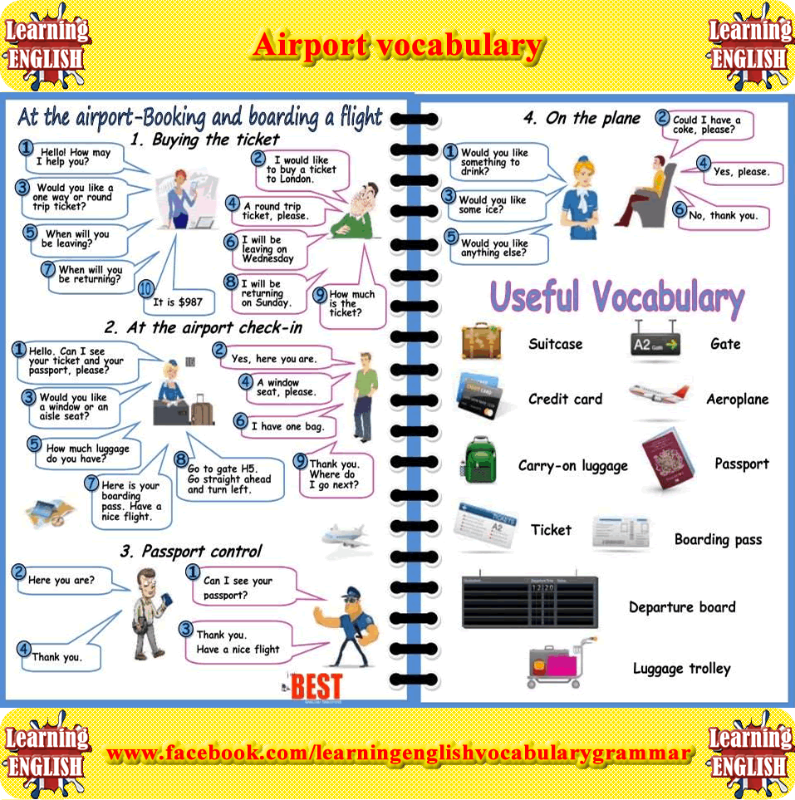 OneWorld Publications
Open Road
Orca Book Publishers
Otter-Barry Books
Owl Kids Books
Oxford University Press
Pajama Press
Papercutz
Paw Prints
Peachtree Publishers
Pelican Publishing Company
Penguin Random House
Penguin Random House Grupo Editorial
Penny Candy Books
Perfection Learning Corp
Perfection Learning Corporation
Periplus Editions
Persnickety Press
Peterson's LLC
Phonic Books, Ltd.
Picador
Picarona
Pineapple Press
Pioneer Valley Books
Planeta Publishing
Plough Publishing House
Pomelo Books
Portable Press
Portage & Main Press
Pow! Kids Books
Powerhouse Books
Prentice Hall
Prestwick House
Priddy Books
Princeton Architectural Press
Printer's Row
Public Affairs
Publishers Group West
Quarto
Quarto Library
Quayside Publishing Group
Quercus
Quirk Books
Raven Tree Press
Reader's Digest
Readers to Eaters
Real MVP Kids
Red Chair Press
Red Deer Press
Redleaf Press
Reedy Press
Regnery Press
Reycraft
Richard C.
OneWorld Publications
Open Road
Orca Book Publishers
Otter-Barry Books
Owl Kids Books
Oxford University Press
Pajama Press
Papercutz
Paw Prints
Peachtree Publishers
Pelican Publishing Company
Penguin Random House
Penguin Random House Grupo Editorial
Penny Candy Books
Perfection Learning Corp
Perfection Learning Corporation
Periplus Editions
Persnickety Press
Peterson's LLC
Phonic Books, Ltd.
Picador
Picarona
Pineapple Press
Pioneer Valley Books
Planeta Publishing
Plough Publishing House
Pomelo Books
Portable Press
Portage & Main Press
Pow! Kids Books
Powerhouse Books
Prentice Hall
Prestwick House
Priddy Books
Princeton Architectural Press
Printer's Row
Public Affairs
Publishers Group West
Quarto
Quarto Library
Quayside Publishing Group
Quercus
Quirk Books
Raven Tree Press
Reader's Digest
Readers to Eaters
Real MVP Kids
Red Chair Press
Red Deer Press
Redleaf Press
Reedy Press
Regnery Press
Reycraft
Richard C. Owen Publishers, Inc.
Rigby
Ripley Entertainment, Inc.11
RiverStream Publishing
Roaring Brook
Rosen Publishing
Rourke
Running Press
Running The Goat, Books & Broadsides
Saddleback Educational Publishing
SAGE Publications
Santillana
Santillana USA
Sasquatch Books
SCB Distributors
Schiffer
Scholastic
Scholastic Library Publishing
Scholastic Professional
Scholastic Teaching Resources
Science, Naturally
Scobre Press
Scout Comics
Scribble
Seahorse
Seal Press
Second Story Press
Sequoia
Shadow Mountain Publishing
Shell Education
Simon & Schuster
Simply Read Books
Six Foot Press
Skyhorse Publishing
Sleeping Bear Press
Soaring Kite
Sourcebooks
Spanish Publishers
Spark Press
Sparks Fly
Square Fish
St. Owen Publishers, Inc.
Rigby
Ripley Entertainment, Inc.11
RiverStream Publishing
Roaring Brook
Rosen Publishing
Rourke
Running Press
Running The Goat, Books & Broadsides
Saddleback Educational Publishing
SAGE Publications
Santillana
Santillana USA
Sasquatch Books
SCB Distributors
Schiffer
Scholastic
Scholastic Library Publishing
Scholastic Professional
Scholastic Teaching Resources
Science, Naturally
Scobre Press
Scout Comics
Scribble
Seahorse
Seal Press
Second Story Press
Sequoia
Shadow Mountain Publishing
Shell Education
Simon & Schuster
Simply Read Books
Six Foot Press
Skyhorse Publishing
Sleeping Bear Press
Soaring Kite
Sourcebooks
Spanish Publishers
Spark Press
Sparks Fly
Square Fish
St.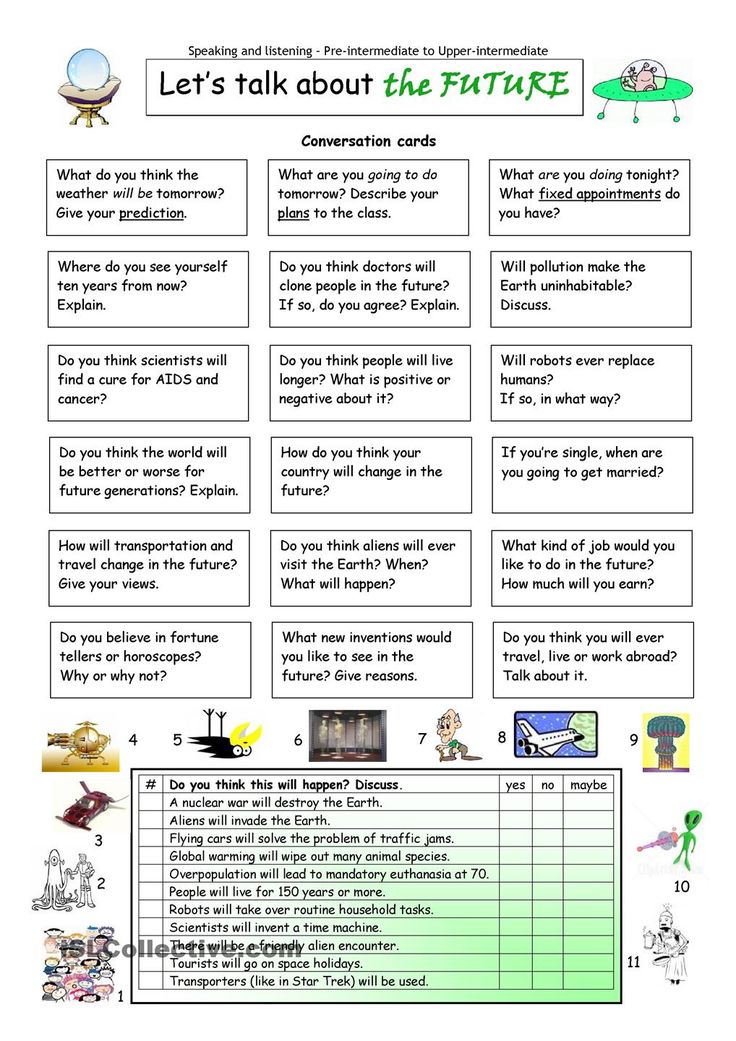 Martin's Press
Starbright Books
Starry Forest
Starscape
Steck-Vaughn
Stenhouse
Stenhouse Zaner-Bloser
Sterling
Sterling Publishing Company
Summersdale Publishers
Sundance
Sundance Publishing
Susaeta
Sweet Cherry Publishing
Syncretic Press
Tachyon
Tanglewood Press
Tara Books Private Limited
Taylor Trade Publishing
Teacher Created Materials
The Child's World
The Cornell Lab Of Ornithology
The Creative Company
The Innovation Press
The Legacy Project
The National Academies Press
The New Press
The RoadRunner Press
The Secret Mountain
Theytus Books
Thule Ediciones
Tiferet Educational Publishing House
Tiger Tales
Tilbury House Publishers
Timbuktu Labs
Toon Books
Tor/Forge
Toromitico
Townsend Press
Tra Publishing
Tradewind Books
Trafalgar Square Publishing
Treasure Bay, Inc. Martin's Press
Starbright Books
Starry Forest
Starscape
Steck-Vaughn
Stenhouse
Stenhouse Zaner-Bloser
Sterling
Sterling Publishing Company
Summersdale Publishers
Sundance
Sundance Publishing
Susaeta
Sweet Cherry Publishing
Syncretic Press
Tachyon
Tanglewood Press
Tara Books Private Limited
Taylor Trade Publishing
Teacher Created Materials
The Child's World
The Cornell Lab Of Ornithology
The Creative Company
The Innovation Press
The Legacy Project
The National Academies Press
The New Press
The RoadRunner Press
The Secret Mountain
Theytus Books
Thule Ediciones
Tiferet Educational Publishing House
Tiger Tales
Tilbury House Publishers
Timbuktu Labs
Toon Books
Tor/Forge
Toromitico
Townsend Press
Tra Publishing
Tradewind Books
Trafalgar Square Publishing
Treasure Bay, Inc.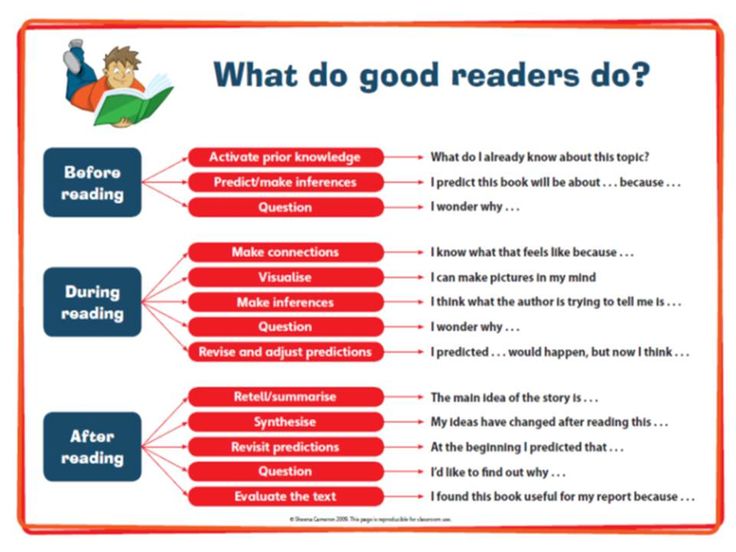 Triangle Press
Tumblehome Learning
Tundra Books
Turner Publishing Company
Tuttle Publishing
Two Rivers Distribution
Two-Can Publishing
Ulysses Press
University of California Press
University of New Mexico Press
University Of Toronto Press
Upstart Press
Vista Higher Learning, Inc.
VIZ Media
W. W. Norton & Company, Inc.
Walker Publishing Company
Wednesday Books
Weigl Publishing
Wendy Pye Publishing, Ltd.
West Margin Press
Weston Woods
Wide World Publishing
Wiley Publishers
William B. Eerdmans Publishing Company
Wings Press
Wisdom Tales
Workman
World Scientific
Worthy Kids
Write Bloody Publishing
Wundermill
Y Finkel
Yjkids
Yosemite Conservancy
Zest Books
Zondervan
Zuiker Press
Triangle Press
Tumblehome Learning
Tundra Books
Turner Publishing Company
Tuttle Publishing
Two Rivers Distribution
Two-Can Publishing
Ulysses Press
University of California Press
University of New Mexico Press
University Of Toronto Press
Upstart Press
Vista Higher Learning, Inc.
VIZ Media
W. W. Norton & Company, Inc.
Walker Publishing Company
Wednesday Books
Weigl Publishing
Wendy Pye Publishing, Ltd.
West Margin Press
Weston Woods
Wide World Publishing
Wiley Publishers
William B. Eerdmans Publishing Company
Wings Press
Wisdom Tales
Workman
World Scientific
Worthy Kids
Write Bloody Publishing
Wundermill
Y Finkel
Yjkids
Yosemite Conservancy
Zest Books
Zondervan
Zuiker Press
| Publishers (selected) |
Price: to
Copyright: to
Clear All FieldsSearch
Enter your information to receive relevant updates on literacy news and tools.
Name is required
Organization Name is required
AfghanistanAland IslandsAlbaniaAlgeriaAmerican SamoaAndorraAngolaAnguillaAntarcticaAntigua and BarbudaArgentinaArmeniaArubaAustraliaAustriaAzerbaijanBahamasBahrainBangladeshBarbadosBelarusBelgiumBelizeBeninBermudaBhutanBoliviaBonaire, Sint Eustatius and SabaBosnia and HerzegovinaBotswanaBouvet IslandBrazilBritish Indian Ocean TerritoryBrunei DarussalamBulgariaBurkina FasoBurundiCambodiaCameroonCanadaCape VerdeCaribbeanCayman IslandsCentral African RepublicChadChileChinaChristmas IslandCocos (Keeling) IslandsColombiaComorosCongoCongo, the Democratic Republic of theCook IslandsCosta RicaCote d'IvoireCroatiaCubaCuraçaoCyprusCzech RepublicDenmarkDjiboutiDominicaDominican RepublicEcuadorEgyptEl SalvadorEquatorial GuineaEritreaEstoniaEthiopiaFalkland Islands (Malvinas)Faroe IslandsFijiFinlandFranceFrench GuianaFrench PolynesiaFrench Southern TerritoriesGabonGambiaGeorgiaGermanyGhanaGibraltarGreeceGreenlandGrenadaGuadeloupeGuamGuatemalaGuernseyGuineaGuinea-BissauGuyanaHaitiHeard Island and McDonald IslandsHoly See (Vatican City State)HondurasHong KongHungaryIcelandIndiaIndonesiaIranIraqIrelandIsle of ManIsraelItalyJamaicaJapanJerseyJordanKazakhstanKenyaKiribatiKorea, Democratic People's Republic ofKuwaitKyrgyzstanLao People's Democratic RepublicLatviaLebanonLesothoLiberiaLibyaLiechtensteinLithuaniaLuxembourgMacauMacedoniaMadagascarMalawiMalaysiaMaldivesMaliMaltaMarshall IslandsMartiniqueMauritaniaMauritiusMayotteMexicoMicronesia, Federated States ofMoldova, Republic ofMonacoMongoliaMontenegroMontserratMoroccoMozambiqueMyanmarNamibiaNauruNepalNetherlandsNew CaledoniaNew ZealandNicaraguaNigerNigeriaNiueNorfolk IslandNorth KoreaNorthern Mariana IslandsNorwayOmanPakistanPalauPalestine, State ofPanamaPapua New GuineaParaguayPeruPhilippinesPitcairnPolandPortugalPuerto RicoQatarReunionRomaniaRussiaRwandaSaint BarthélemySaint Helena, Ascension and Tristan da CunhaSaint Kitts and NevisSaint LuciaSaint Martin (French part)Saint Pierre and MiquelonSaint Vincent and the GrenadinesSamoaSan MarinoSao Tome and PrincipeSaudi ArabiaSenegalSerbiaSeychellesSierra LeoneSingaporeSint Maarten (Dutch part)SlovakiaSloveniaSolomon IslandsSomaliaSouth AfricaSouth Georgia and the South Sandwich IslandsSouth KoreaSouth SudanSpainSri LankaSudanSurinameSvalbard and Jan MayenSwazilandSwedenSwitzerlandSyrian Arab RepublicTaiwanTajikistanTanzania, United Republic ofThailandTimor-LesteTogoTokelauTongaTrinidad and TobagoTunisiaTurkeyTurkmenistanTurks and Caicos IslandsTuvaluU.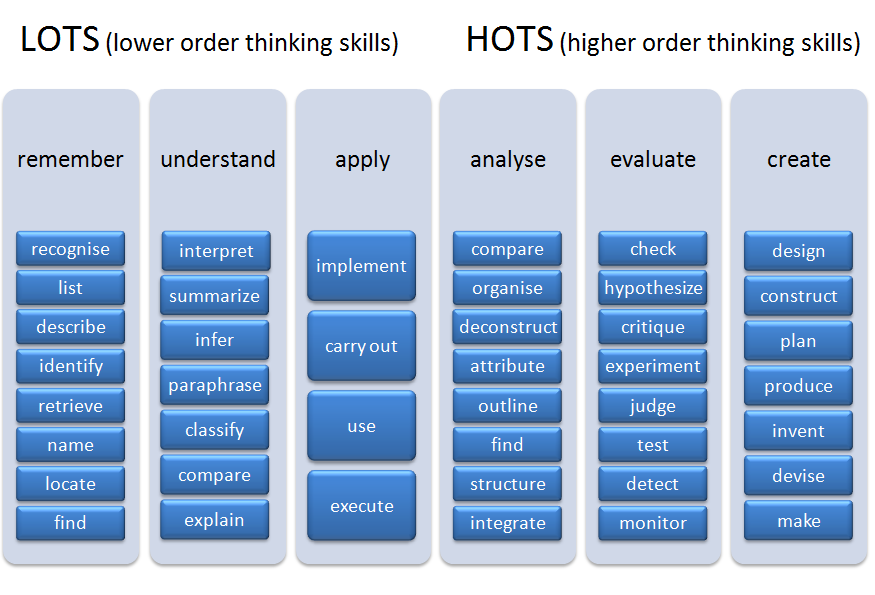 A.E.UgandaUkraineUnited KingdomUnited StatesUnited States Minor Outlying IslandsUruguayUzbekistanVanuatuVenezuelaVietnamVirgin Islands, BritishVirgin Islands, U.S.Wallis and FutunaWestern SaharaYemenZambiaZimbabwe
State is required
Select a StateALABAMA ALASKA ARIZONA ARKANSAS CALIFORNIA COLORADO CONNECTICUT DELAWARE DISTRICT OF COLUMBIA FLORIDA GEORGIA HAWAII IDAHO ILLINOIS INDIANA IOWA KANSAS KENTUCKY LOUISIANA MAINE MARYLAND MASSACHUSETTS MICHIGAN MINNESOTA MISSISSIPPI MISSOURI MONTANA NEBRASKA NEVADA NEW HAMPSHIRE NEW JERSEY NEW MEXICO NEW YORK NORTH CAROLINA NORTH DAKOTA OHIO OKLAHOMA OREGON PENNSYLVANIA RHODE ISLAND SOUTH CAROLINA SOUTH DAKOTA TENNESSEE TEXAS UTAH VERMONT VIRGINIA WASHINGTON WEST VIRGINIA WISCONSIN WYOMING
A valid email address is required
A.E.UgandaUkraineUnited KingdomUnited StatesUnited States Minor Outlying IslandsUruguayUzbekistanVanuatuVenezuelaVietnamVirgin Islands, BritishVirgin Islands, U.S.Wallis and FutunaWestern SaharaYemenZambiaZimbabwe
State is required
Select a StateALABAMA ALASKA ARIZONA ARKANSAS CALIFORNIA COLORADO CONNECTICUT DELAWARE DISTRICT OF COLUMBIA FLORIDA GEORGIA HAWAII IDAHO ILLINOIS INDIANA IOWA KANSAS KENTUCKY LOUISIANA MAINE MARYLAND MASSACHUSETTS MICHIGAN MINNESOTA MISSISSIPPI MISSOURI MONTANA NEBRASKA NEVADA NEW HAMPSHIRE NEW JERSEY NEW MEXICO NEW YORK NORTH CAROLINA NORTH DAKOTA OHIO OKLAHOMA OREGON PENNSYLVANIA RHODE ISLAND SOUTH CAROLINA SOUTH DAKOTA TENNESSEE TEXAS UTAH VERMONT VIRGINIA WASHINGTON WEST VIRGINIA WISCONSIN WYOMING
A valid email address is required
Sign Up
TOP books in English adapted by knowledge level
Why read in the original
- The more that you read, the more that you’ll know.
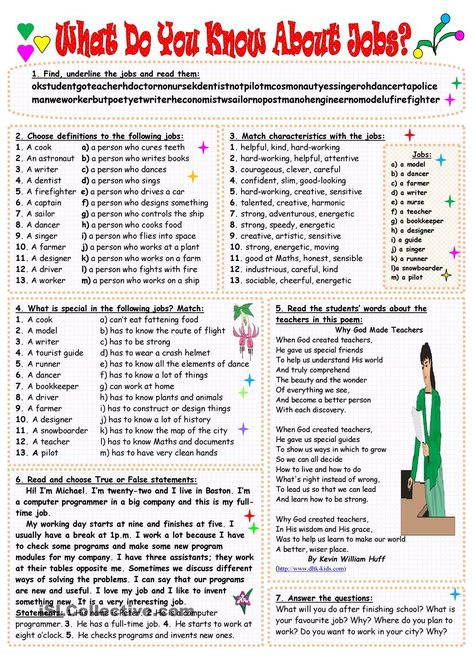
The more that you know, the more places you'll go. - Dr. Seuss
Any English-speaking child will confirm that Dr. Seuss does not give bad advice. If you love to read, but are afraid to start with a voluminous and full-bodied English novel, don't worry. Especially for educational purposes, publishing houses produce adapted books in English: for beginners, for the intermediate level, and so on. Yes, you will get a complete picture of the work of art a little later, but you can congratulate yourself on the first English book you read already starting from the Elementary level! nine0012
You can apply for training here
1. Reading in English increases vocabulary
Reading in a foreign language enriches vocabulary, even if we ourselves do not realize it. Of course, in order to learn new vocabulary more effectively, it is better to read a book, writing out unfamiliar words and memorizing their translation.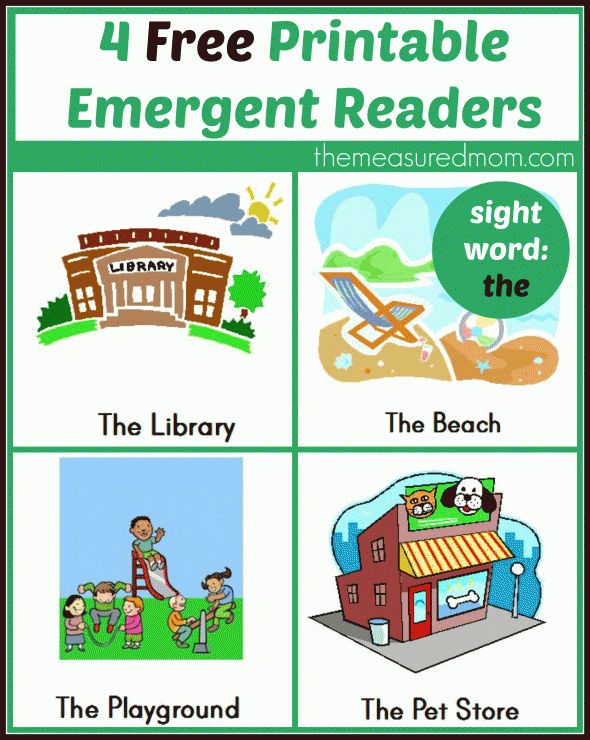 When choosing books to read, be guided by your learning goals: if you need colloquial speech, pay attention to modern “light” prose, but if you want to master special vocabulary, the most obvious advice is to read literature from the area of your professional interests. nine0012
When choosing books to read, be guided by your learning goals: if you need colloquial speech, pay attention to modern “light” prose, but if you want to master special vocabulary, the most obvious advice is to read literature from the area of your professional interests. nine0012
2. Reading improves spelling
English spelling is full of mysteries and surprises. The spelling of many words defies logic: you just have to memorize. And the best way to do this is to read more English-language literature so that the images of words are stored in memory.
3. Reading broadens one's horizons
E-books and blogs, news sites and social networking feeds: reading has reached a new level in the twenty-first century. A single information space makes it possible to learn about what is happening in the most remote corners of the world, to join the world's cultural and scientific heritage. nine0012
4.
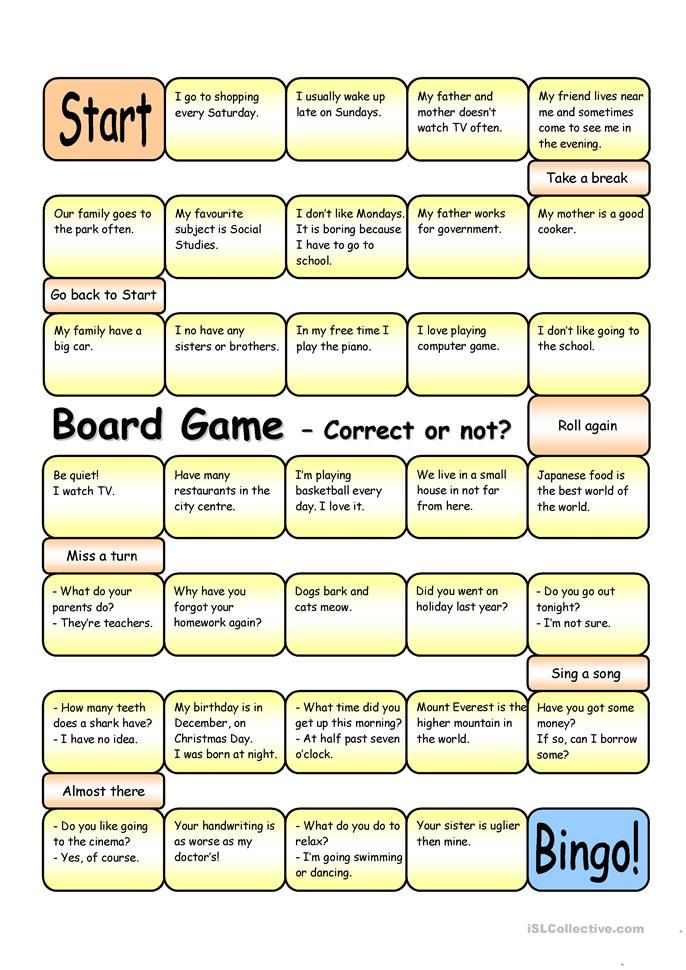 Reading in the original language boosts self-esteem
Reading in the original language boosts self-esteem Listen to how you feel when you finish the last page of your first English novel: a wonderful feeling. “She reads Orwell in the original” sounds proud! Any psychologist will tell you that motivation is important when performing any task. So do not miss the opportunity to once again praise yourself, this one is not at all superfluous! :)
Reading English books in the original is not only useful, but also pleasant
Demo lesson for free and without registration! nine0012
Take a lesson, find out about the school and get a promo code for English classes
How to choose a book to read
- Choose adapted books in English for your level (see the list of recommended books for levels A2-C1 later in the article).
- Choose works according to your ability: start with short stories, gradually moving to larger literary forms.
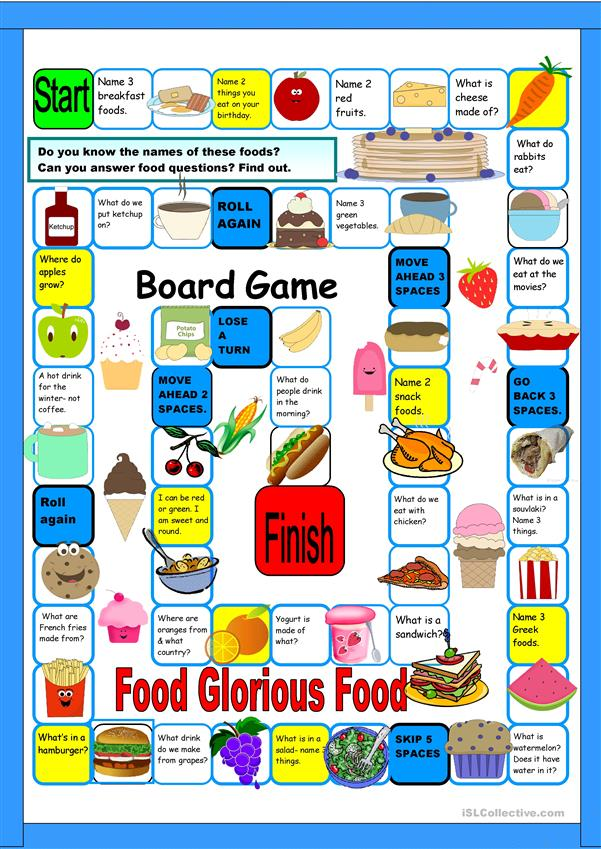
- The more exciting the learning, the more effective it is: try to find books that are interesting for you. Detectives, thrillers, mysticism - or any other topic that awakens your imagination and makes you read the book to the end will do. nine0041
Children's books in English
If you know only a few hundred words in English, pay attention to children's literature: many children's books are also interesting for adults. In addition, children's literature, as a rule, is generously provided with illustrations, which helps to understand the plot.
Fun fact: the acclaimed children's writer Dr. Seuss, discussed earlier in our article, wrote his best book, The Cat in the Hat , using just 220 words. This list of the first children's words was compiled by the publisher, obliging the author to use them in his work: everything to earn the love of the target audience! nine0012
Free English-language children's books can be found on the Internet.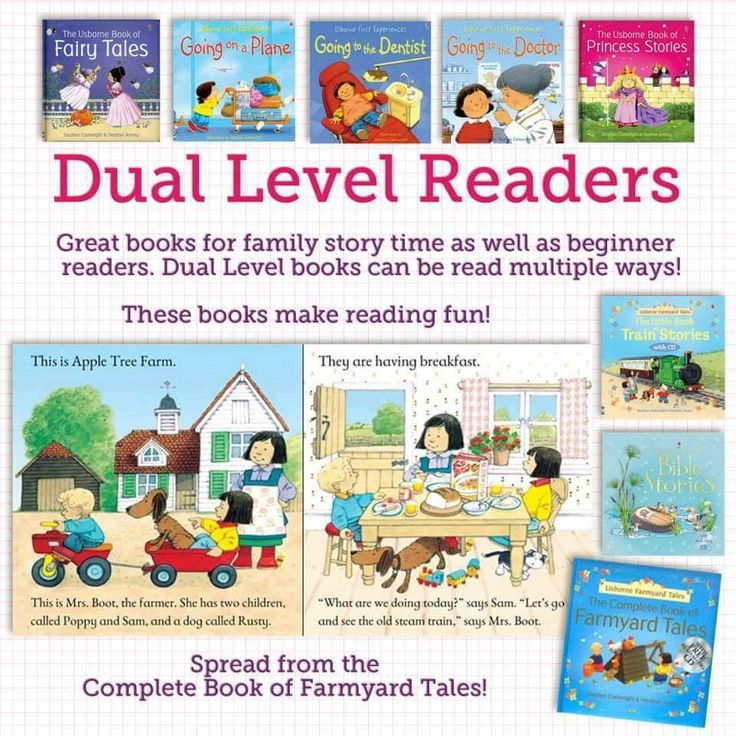 For example, on the KidsWorldFun resource.
For example, on the KidsWorldFun resource.
English comics
Like children's literature, comics are a great way to start reading in a new language. There are a great many genres of comics: there are comics for children, for adults, entertaining and educational.
- Free Online Comics Library
- Marvel Comics
- English grammar comics
Film scripts in English
One of the proven and effective methods of learning a new language, recommended by many polyglots, is to read books in the target language that are already familiar in translation. The same applies to film adaptations: it is useful to read the scripts of the films you have watched. Advantages: the context is known, the plot is clear, you can guess the meaning of new words in the course of the story.
- Movie Scripts and Screenplays
- 101 Greatest Screenplays nine0040 Awesome Film
Books in English about personal development and professional literature
Reading them kills two birds with one stone: you learn English vocabulary that is relevant to you and learn new things about an important topic for you.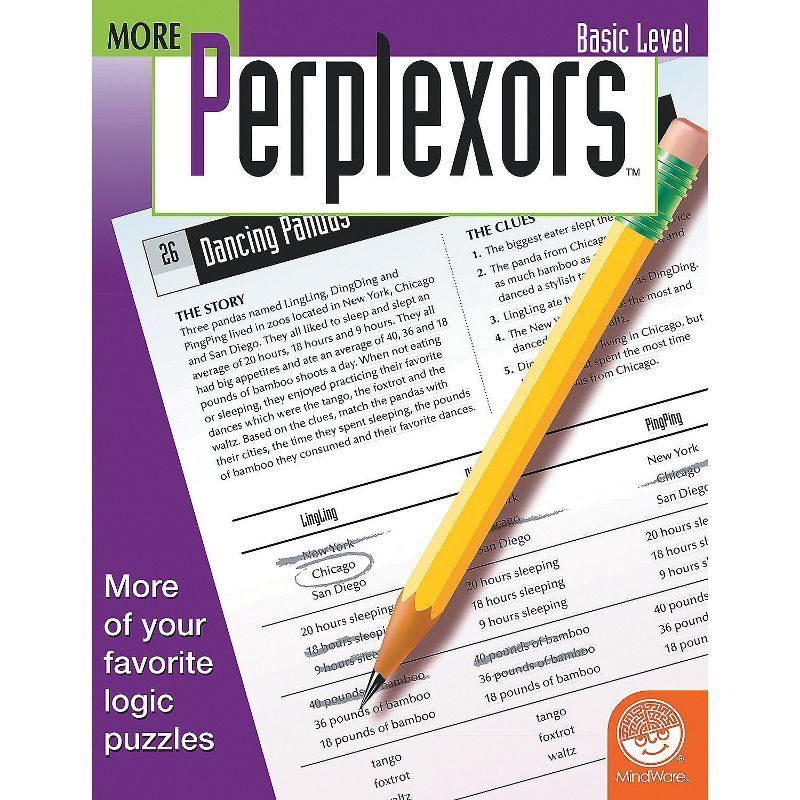 If you are keenly interested in something, why not read about it in English? Another advantage of such literature is that it is easier to read than fiction novels. The style is simpler, the vocabulary is limited to the topic under consideration.
If you are keenly interested in something, why not read about it in English? Another advantage of such literature is that it is easier to read than fiction novels. The style is simpler, the vocabulary is limited to the topic under consideration.
Reading in English improves vocabulary
3 "life hacks" for beginning readers of English literature
It is not necessary to understand every word
Сontext is king (context is king)! If you have grasped the main idea of the story, that is enough. Moreover, if you understand everything you read, most likely you have taken a book of too low a level for yourself. Try to find such books where about 70% of the vocabulary will be familiar (the rest will have to be written out and learned).
Read aloud in English
It may seem strange, but reading has proven to be excellent for improving pronunciation and listening - if it is reading aloud. By reading aloud, you tune in to the sound range of the language being studied. However, it is important to work on pronunciation and in addition to reading, otherwise the incorrectly “guessed” pronunciation of a particular word may annoy you for years afterwards.
By reading aloud, you tune in to the sound range of the language being studied. However, it is important to work on pronunciation and in addition to reading, otherwise the incorrectly “guessed” pronunciation of a particular word may annoy you for years afterwards.
When reading in English, listen to audio books
When learning English, in which the same combination of letters can be pronounced in a dozen different ways, it is very important to pay attention to the correct pronunciation of new words. We have already written about the book + audiobook format: when reading an English-language book, you listen to its audio version, voiced by native English speakers. Very handy for learning pronunciation! nine0012
English books: read and listen
Books adapted for beginner, intermediate and advanced levels of English (A2-C1)
A2 level - elementary level
The Fisherman and His SoulOscar Wilde Level: elementary A piercing romantic tale of crazy love | |
Dracula - DraculaBram Stoker Level: elementary A chilling story of eternal love and eternal damnation: this is where all the vampire sagas of our time came from. | |
Million Pound Bank Note - The Million Pound Bank NoteMark Twain nine0011 Level: elementaryGenre: adventure, humor Volume: approx. 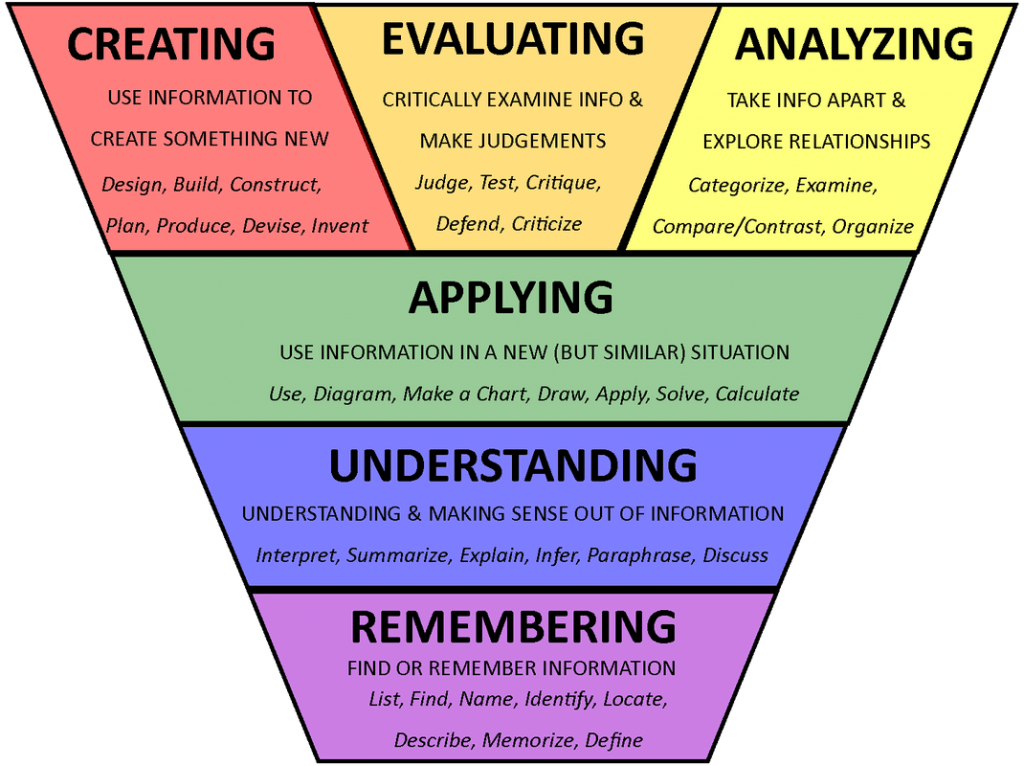 25000 characters 25000 characters English version: American A witty and instructive story about the adventures of a poor man with a million pound note in his pocket. | |
Mr. Bean in the city Bean In TownRichard Curtis Level: elementary Mr. Bean will always find adventure for his wild little head! The eccentric eccentric continues to amaze and amuse the reader. |
Books in English help develop vocabulary
Level B1 - threshold or intermediate (threshold or intermediate)
The Picture of Dorian GrayOscar Wilde Level: intermediate What is more important, the beauty of the face or the beauty of the soul? An incredible story about a beautiful mask and the terrible essence of a person. Mr. Grey, weren't you the prototype of the hero of "Fifty Shades of Grey"? .. | |
Appointment With Deathnine0011 Agatha Christie Level: Intermediate Christy, Poirot, detective. | |
| nine0112 | |
Three Men In a Boat Jerome K. Level: Intermediate Three cheerful friends decided to go on a trip. What came of it - read in the original. Book: Three in a boat |
Read English books in the original
Intermediate English (intermediate, B1-B2)
The Curious Case of Benjamin ButtonF. Scott Fitzgerald Level: Intermediate A fantastic story about a man who "lived in reverse". But you probably already watched the movie? .. |
| 1984 George Orwell Level: intermediate A landmark work of English literature, which must be included in the reader's arsenal of every modern person. To not have to blush in a decent society. |
Gladiator - GladiatorDewey Gram Level: intermediate This book will tell about the difficult fate of the Roman gladiator. Here's someone who had a really hard job! |
Four Weddings and a FuneralRichard Curtis Level: intermediate The best way to know the culture of a people is to study their customs. A funny, touching, slightly frivolous book by Richard Curtis tells about the love between a British man and an American against the backdrop of four weddings and, alas, one funeral.
Book: Four Weddings and a Funeral (1994) |
Learning English by reading books in the original is interesting and exciting
B2 - intermediate-advanced level (vantage or upper intermediate)
| Airport Arthur Hailey Level: upper-intermediate Disaster novel based on real events is fascinating even after half a century. Book: Airport |
The Talented Mr.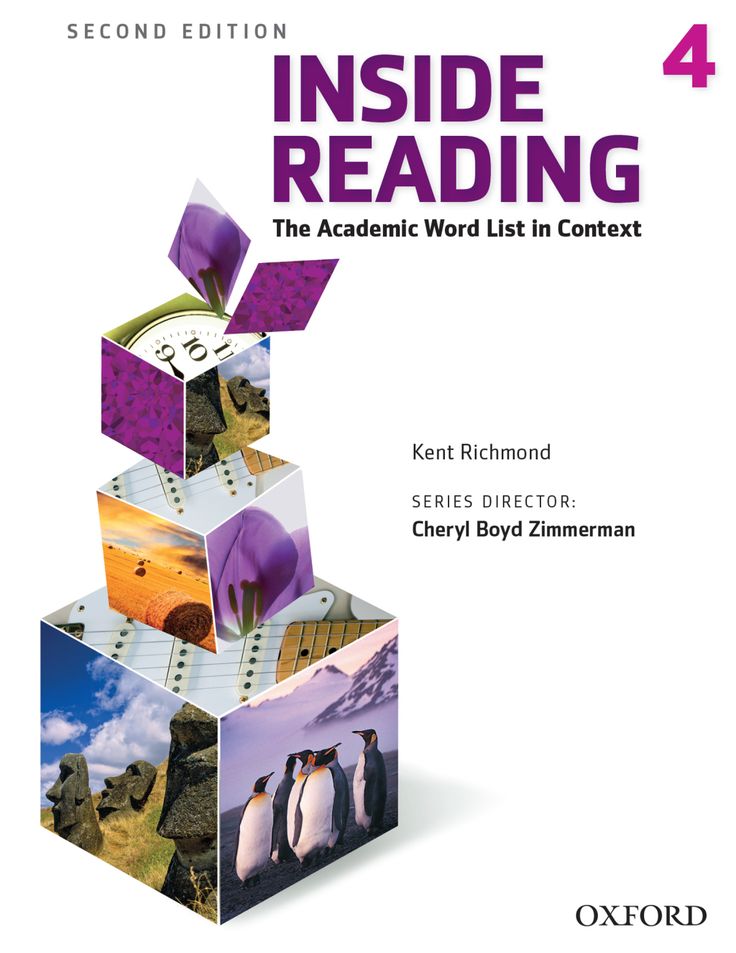 Ripley Ripley Ripley Ripley Patricia Highsmith nine0011 Level: upper-intermediateGenre: detective, drama Volume: approx. 130000 characters English version: American Tom Ripley is a 25-year-old young man who grew up without parents in an atmosphere of hatred and fear. Is it any wonder that his attitude to the world and people is not distinguished by special tenderness? .. |
Tomes are a girl's best friend!
С1 - advanced level of English (advanced)
Jane Eyre Jane EyreCharlotte Bronte Level: advanced A classic English novel about the life of a poor orphan with remarkable strength of character, and about love that can overcome any adversity. A book dearly loved not only in England, but all over the world. |
Pride and PrejudiceJane Austen Level: advanced Elizabeth is one of five daughters of the noble but impoverished Bennett family. She is smart, beautiful, but will she be happy? When two single gentlemen move in next door, something new enters the lives of the Bennett girls: sighs, excitement, furtive glances, secret rendezvous.
Book: Pride and Prejudice |
Brave New WorldAldous Huxley Level: advanced Here is a dystopian novel: find out what it is by reading the book. nine0012 |
Check if you know the top 100 English words
Useful:
10 "star" series that make learning English easy and fun
6 levels of English proficiency: steps to perfect English reading
2 language
What books to read in English with your level of knowledge ‹ Ingleks
Reading is one of the key English skills, so it is important to practice it from the very first stages of learning.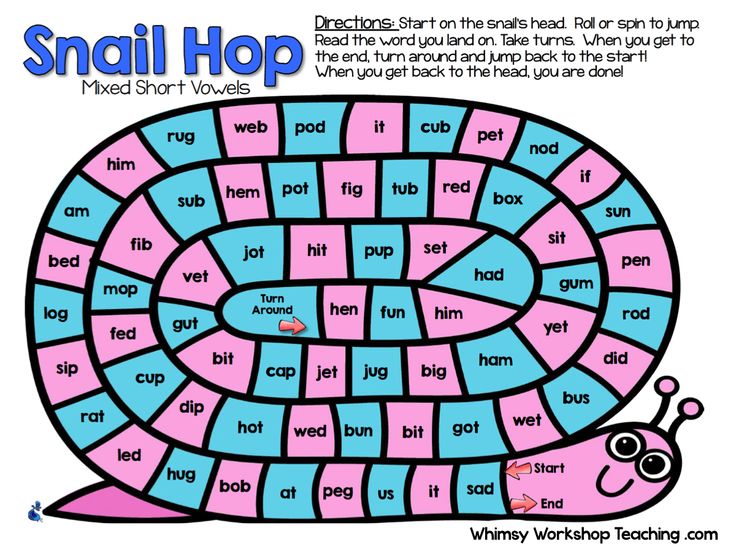 In this article, we will tell you what to consider when choosing a text to read, give a list of books in English by level of knowledge, and also give some tips on how to read books in English correctly.
In this article, we will tell you what to consider when choosing a text to read, give a list of books in English by level of knowledge, and also give some tips on how to read books in English correctly.
Content:
- 1. How to choose a book to read in English
- 2. What books to read with your level of knowledge
- 3. How to read books in English correctly: 7 tips
First, we advise you to watch the webinar of our methodologist Svetlana on the topic “What and how to read in English”.
How to choose a book to read in English
We have identified several criteria that will help you choose books to read in English.
1. Age and level of knowledge
Simple children's stories can be useful for those who do not yet have a wide vocabulary and do not know all grammatical constructions.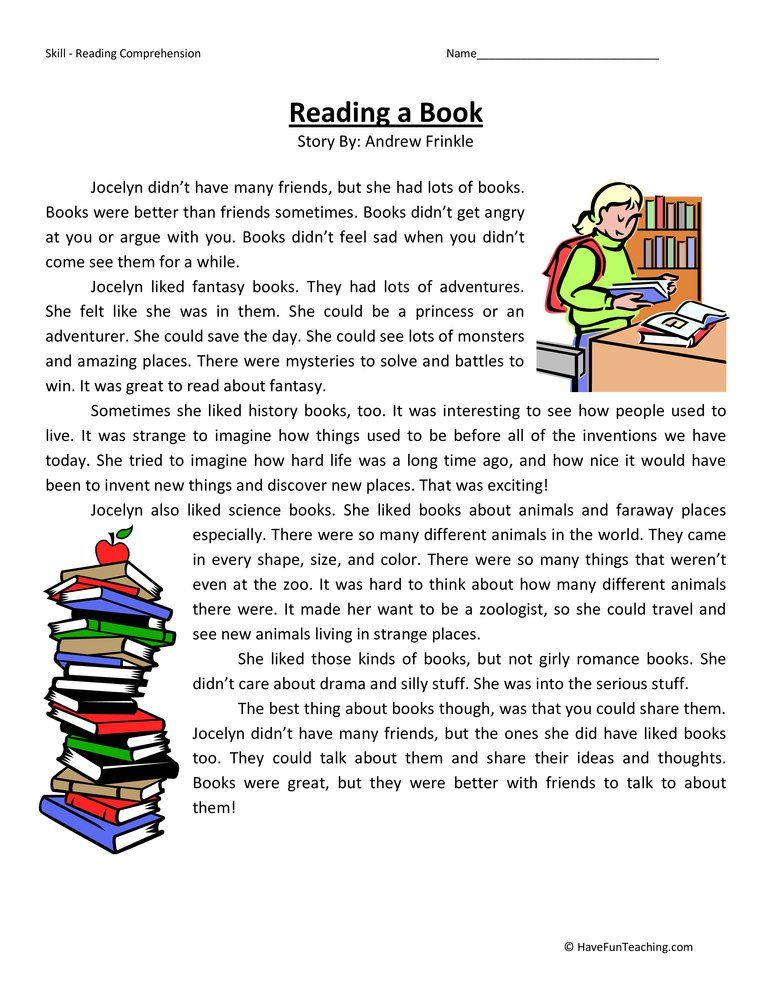 But popular science novels with serious vocabulary are suitable for people with an average and high level of knowledge, from there you will learn a lot of new words. nine0012
But popular science novels with serious vocabulary are suitable for people with an average and high level of knowledge, from there you will learn a lot of new words. nine0012
2. Goals of learning English
If you are learning English for work, opt for professional literature, such books will help you learn useful vocabulary. If you need to build your vocabulary with colloquial expressions, choose modern prose with lots of dialogue. In this case, you will learn to speak like the heroes of your favorite work.
3. Genre of the book
Choose books that interest you: reading should bring not only benefits, but also pleasure, so you should not take the first female novel that comes across if your favorite genre is detective. Feel free to choose books of that genre and that author that you like to read in Russian. However, consider the fact that you may find it easier to read modern fiction with simple dialogue than science fiction or historical detective stories, where you will encounter a lot of unfamiliar words.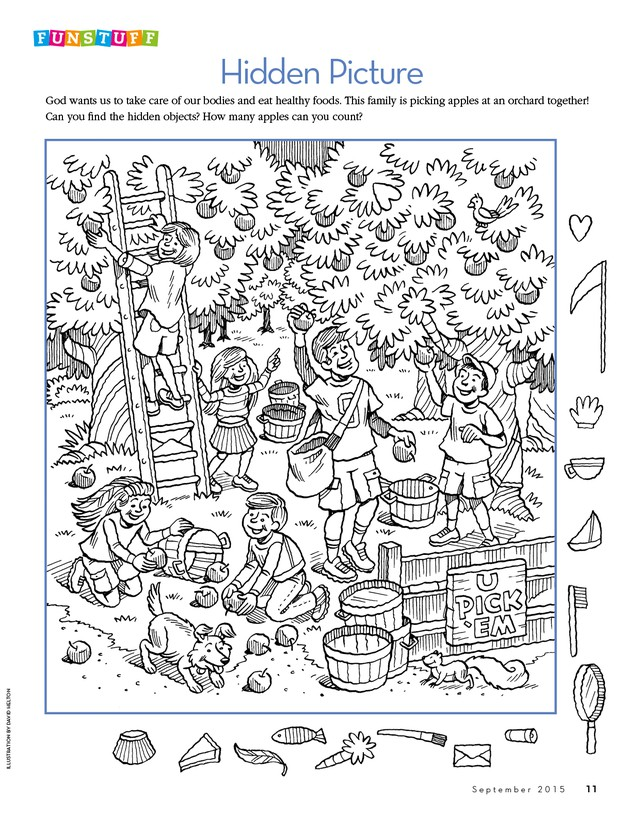 nine0012
nine0012
4. Year of writing
Classical works by British and American authors are written in accordance with all grammatical rules. In such books you will find interesting phrases, various comparisons and synonyms. At the same time, you may come across vocabulary that is not used in modern English, which will make it difficult for you to read the work, and you still cannot use the learned words in everyday speech, because for native English speakers you will sound too pretentious and grandiloquently. Agree, if you ask in Russian, “Is it far to the store with dishes?” instead of “Where is the nearest supermarket?”, it is unlikely that you will be answered adequately. nine0012
Modern literature is about actual words and phrases, slang expressions, dialogues from everyday life, and sometimes simplified grammar. In terms of benefits for learning English, modern literature is the best option for reading.
5. Difficulty of the text
For a book in English to benefit your knowledge, it must be uncomplicated, but not too simple.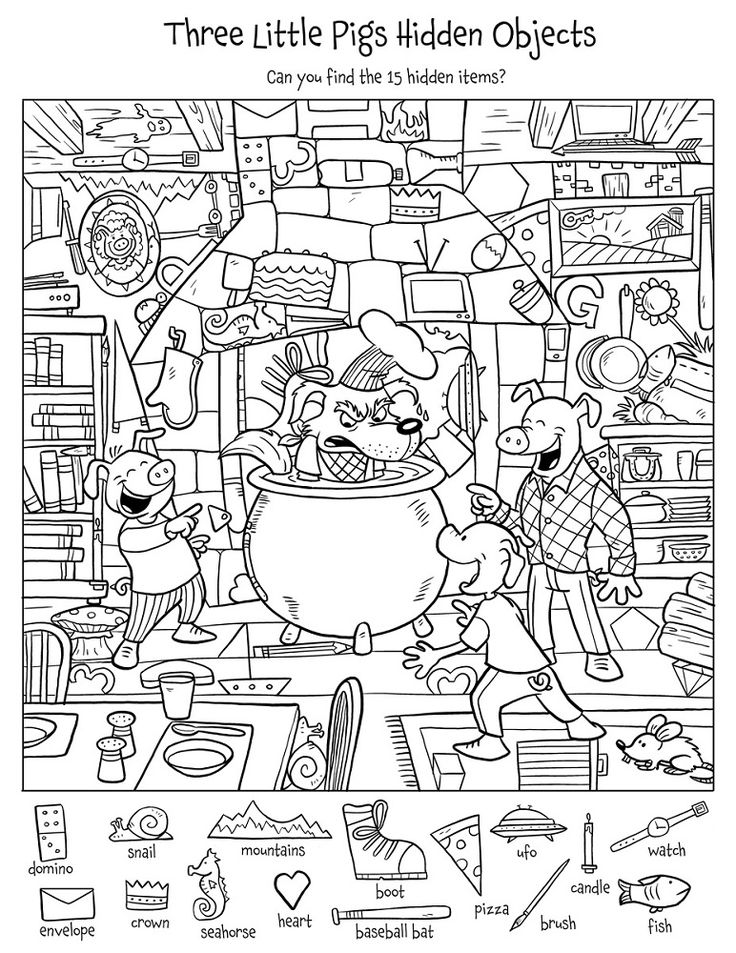 On average, you should meet no more than 10 unfamiliar words on the page (3-5 are better). This amount of new vocabulary will allow you to understand the meaning of what you read and maintain an interest in reading. You can guess the meaning of most words from the context, and this is much more useful and interesting than constant peeping in the dictionary. nine0012
On average, you should meet no more than 10 unfamiliar words on the page (3-5 are better). This amount of new vocabulary will allow you to understand the meaning of what you read and maintain an interest in reading. You can guess the meaning of most words from the context, and this is much more useful and interesting than constant peeping in the dictionary. nine0012
6. A familiar book or not
Try to take a work that you have already read in Russian. In this case, you will not get lost in the plot, you will be able to guess the meaning of many words from the context, remembering the text in Russian. If you feel sorry for wasting time rereading an already familiar text, take something new, in which case you will be motivated to read the work to the end to find out how the book ends.
7. Format
The choice of electronic or printed format depends on the habit and conditions in which you read. The advantage of an e-book is portability and the ability to connect a dictionary, which will make it easier to find the meanings of unfamiliar words with one click on them. Nevertheless, a paper book is more convenient to work with if you are going to return to what you read earlier in order to better remember new words and phrases or to remember the storyline after a break in reading. nine0012
Nevertheless, a paper book is more convenient to work with if you are going to return to what you read earlier in order to better remember new words and phrases or to remember the storyline after a break in reading. nine0012
Audiobooks have won the hearts of some readers and caused an uproar in others. We will share an interesting and useful way of reading - listen to the text of an audiobook and repeat the phrases after the announcer, trying to imitate his pronunciation. Thus, you will improve your pronunciation, develop the correct intonation, get rid of the accent. You can read more about this technique in the article “How to learn English from audiobooks + 7 cool resources”.
Don't have time to read books? Then pay attention to 7 excellent sites with texts for reading in English, on these resources you will find short stories for people with different levels of knowledge of English, including texts for beginners. nine0012
We asked our teachers to tell us about how they started reading books in English.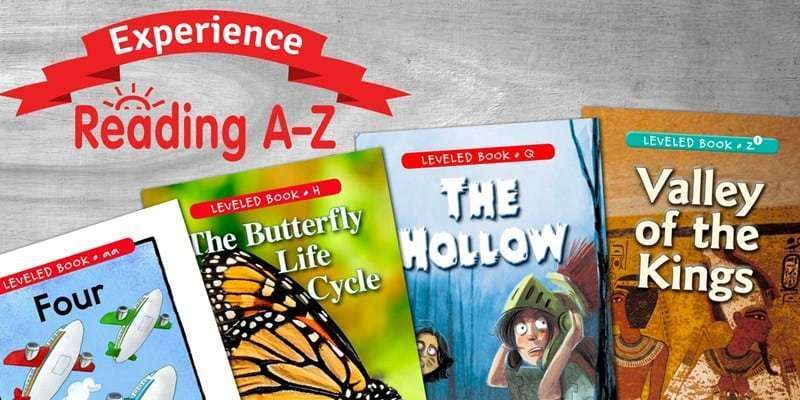 You will find their answers in the article “What to read in English: our teachers advise”.
You will find their answers in the article “What to read in English: our teachers advise”.
Which books to read with your level of knowledge
Next, we will consider in detail which books are better to read in English, depending on your level of knowledge. In order to correctly classify yourself as one or another category of readers, we recommend that you first take our test to determine the level of English. nine0012
In the table we have listed books recommended for reading in English according to the level of knowledge. Many of the works we attributed to several levels at once. This is due to the fact that people at the same level may have a different stock of knowledge. In addition, we have sorted the books within the level from easy to hard. If you have never read a work in English, start at the top of the table and work your way down.
Under the table you will find detailed recommendations for each of the levels of knowledge, be guided by them when choosing a book.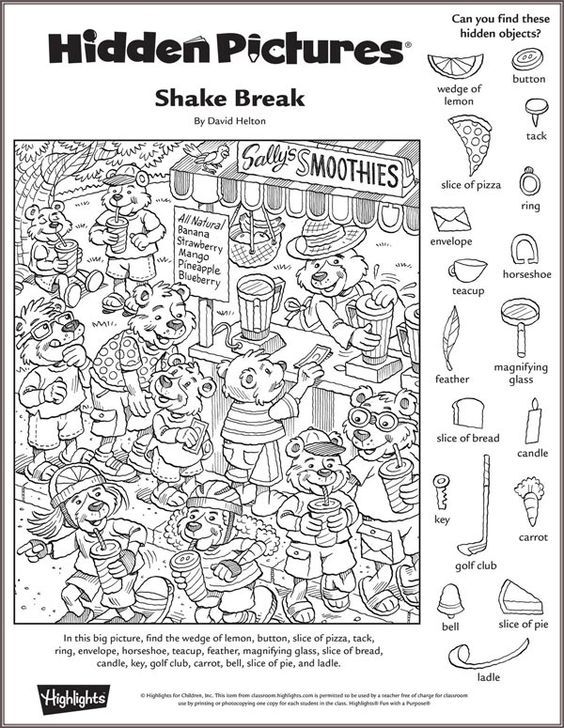 nine0006 by A.A. Miln
nine0006 by A.A. Miln
by E.B. White
Charlie and the Chocolate Factory
by Roald Dahl
by L. Frank Baum
by Louisa May Alcott
The Subtle Knife,
The Amber Spyglass
by Philip Pullman
by J.
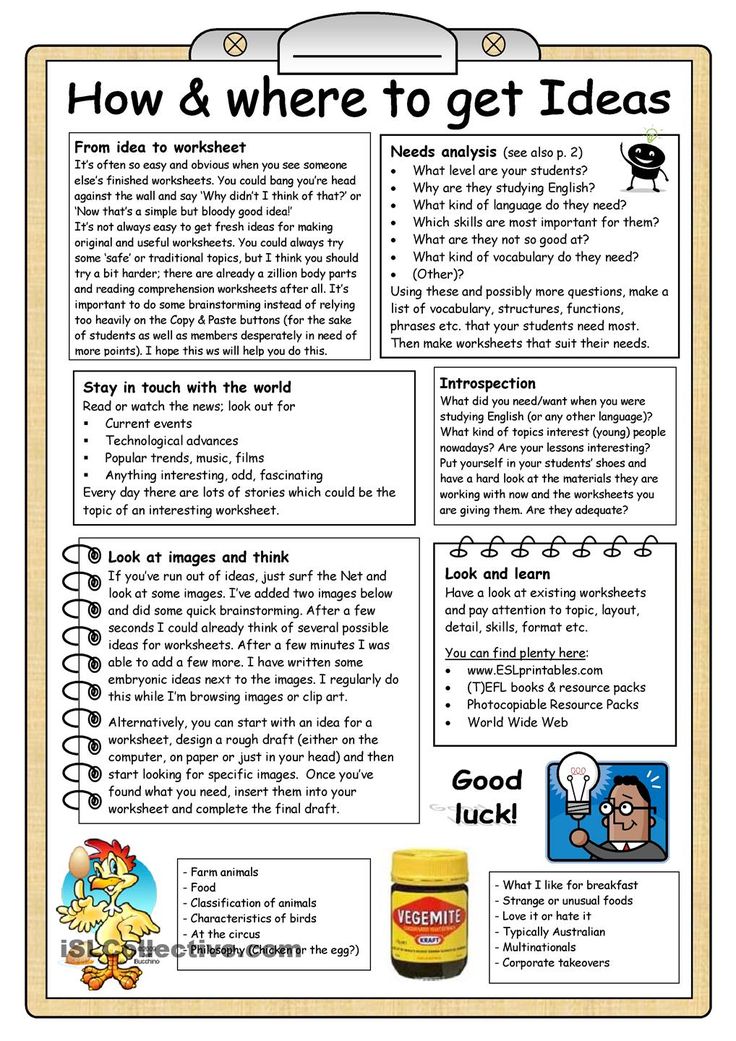 K. Rowling
K. Rowling by Clive Staples Lewis
Stephenie Meyer0113
by Suzanne Collins
by Sophie Kinsella
by Nicholas Sparks
By Elizabeth Gilbert
by Stephen King
Dandelion Wine,
A Sound of Thunder
by Ray Bradbury
by J.
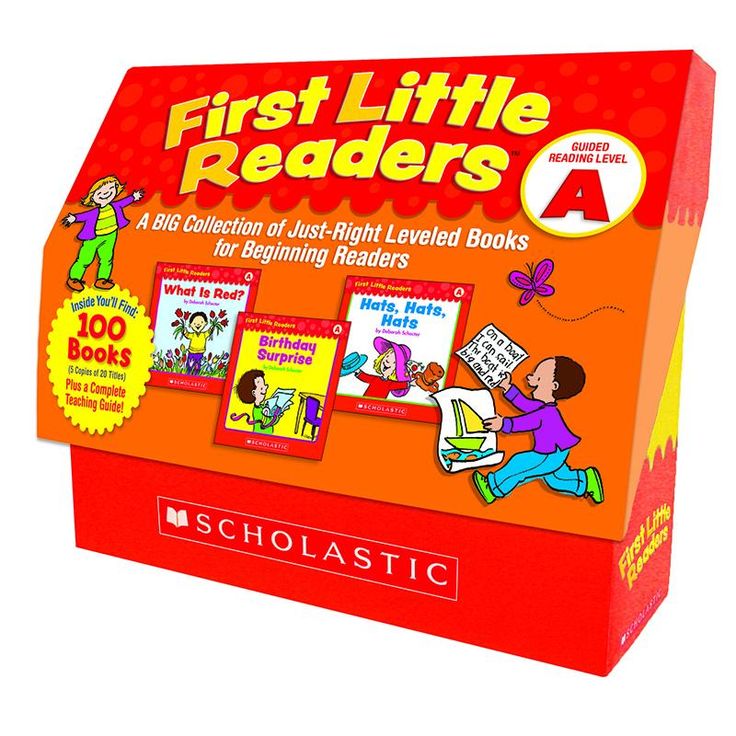 D. Salinger
D. Salinger A Farewell to Arms,
For Whom the Bell Tolls
by Ernest Hemingway
detectives
by Agatha Christie
Of course, we do not recommend that beginners read literature in the original: even children's fairy tales will still cause difficulties in reading. However, you can already study simple texts.
- English textbooks
- Adapted literature
- Plain texts
The textbooks at your level contain simplified texts filled with useful words and phrases, so we advise you to start with the texts in the textbooks.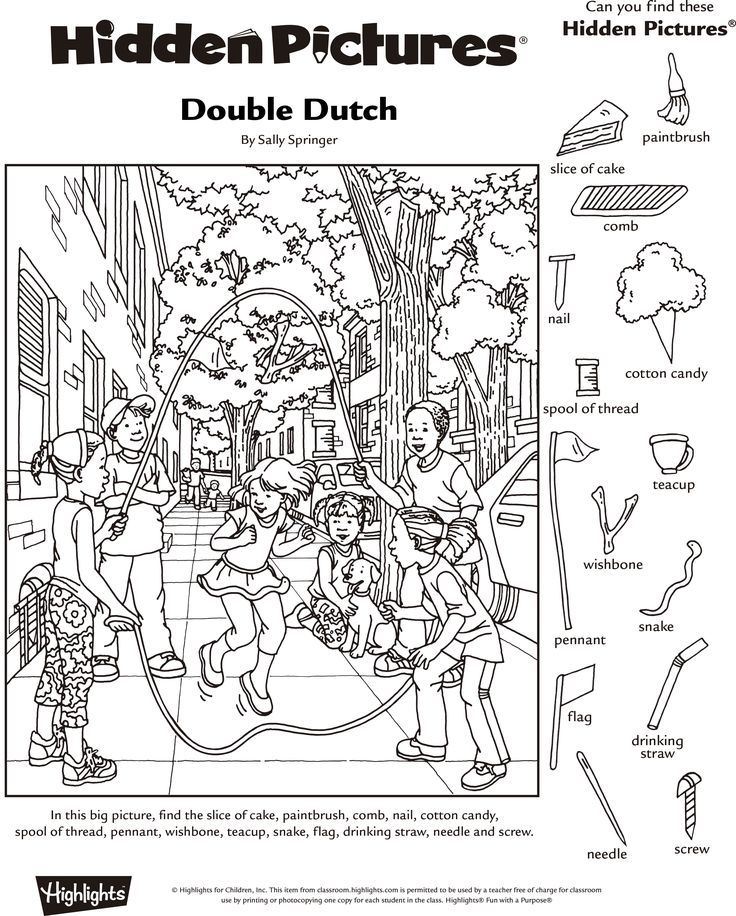
Adapted books are a great help in learning English. The simplification of the text consists in the fact that complex, rarely used words are replaced by simpler and more frequently used ones. You can find books for your level of knowledge at english-e-reader.net. We also recommend reading the article Adapted Books: Is It Worth Reading? nine0012
Plain texts adapted to your level of knowledge are a great alternative to books in English. Try to read the texts on the rong-chang.com website - they will be clear even to people with a very small vocabulary. In addition, at the Elementary level, you can try reading English books for toddlers, such as the adventures of Paddington Bear.
Books in English for the intermediate level
In the intermediate level of knowledge, we included Pre-Intermediate, Intermediate and Upper-Intermediate. nine0012
At the Pre-Intermediate level, we recommend reading adapted literature.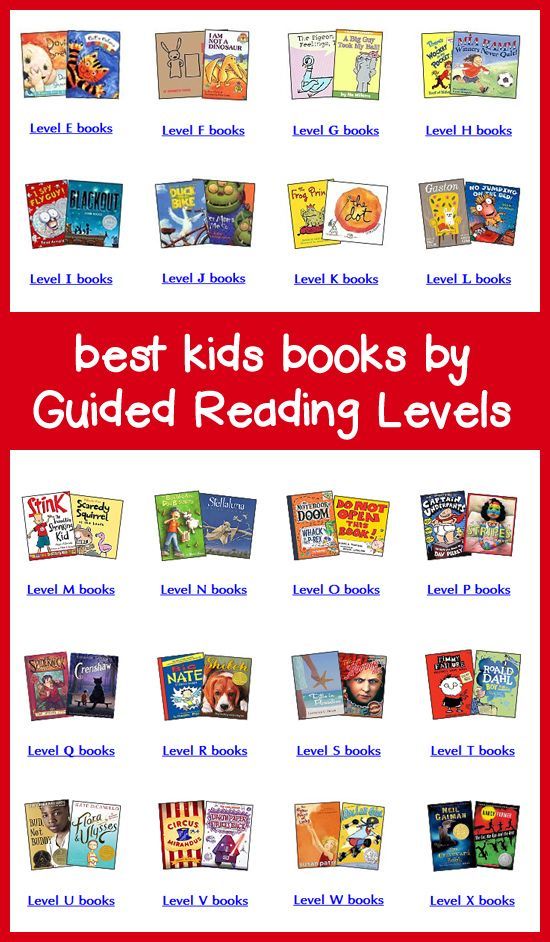 Keep in mind an important detail: some publishers simplify the texts too much, so the text of your level may seem very easy. In this case, we recommend taking the book to a more difficult level. If you see those same 3-10 new words per page, feel free to start reading. At the same level, you can try reading children's books, for example, by Roald Dahl. His stories can be safely read to an adult: the author's original humor will not leave you indifferent. nine0012
Keep in mind an important detail: some publishers simplify the texts too much, so the text of your level may seem very easy. In this case, we recommend taking the book to a more difficult level. If you see those same 3-10 new words per page, feel free to start reading. At the same level, you can try reading children's books, for example, by Roald Dahl. His stories can be safely read to an adult: the author's original humor will not leave you indifferent. nine0012
At the Intermediate level, you can already start reading literature in the original. We want to warn you right away: the first few pages of any book in the original in English will be a real test of your stamina. You will immerse yourself in the world of living English with a variety of grammatical structures, new words, idioms, phrasal verbs. And here the main thing is not to dive into the dictionary for every word. Take note of only those words without which it is impossible to understand the meaning of the text. After a few pages, you will get used to the author's style, get involved in the plot, and it will become easier to read.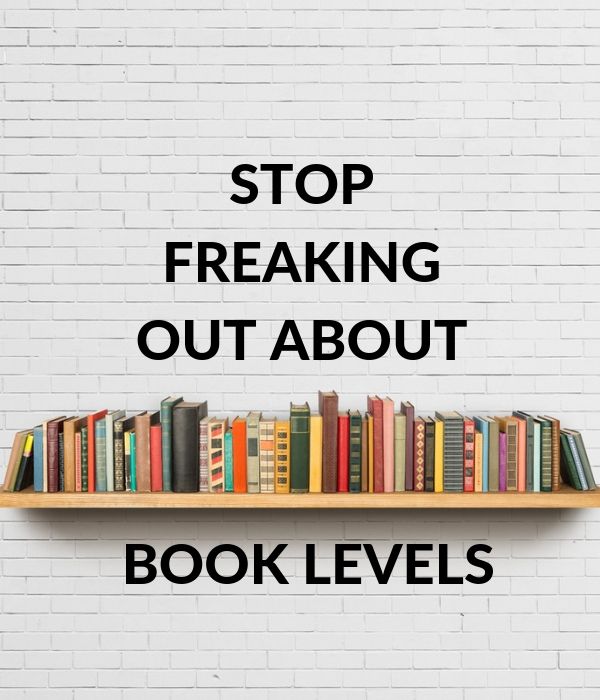 nine0012
nine0012
Upper-Intermediate gives you even more reading options. You have a solid vocabulary and a good knowledge of grammar, so you will be able to read most books without difficulty, using a dictionary on rare occasions. The advice remains the same: do not look up every unfamiliar word in the dictionary and enjoy reading.
Books in English for advanced levels
Advanced and Proficiency people are the luckiest - they can read almost any book in English. The only exception may be specialized literature, but if you are fond of quantum physics, then in order to gain new knowledge, you can take up books on this topic. nine0012
How to read books in English correctly: 7 tips
1. Write down unfamiliar words
To get the most out of reading, learn new vocabulary from the text. Write down whole phrases or fragments of phrases in which you met an unfamiliar word. In context, vocabulary will be easier to learn and you will know which words go with the word you have learned.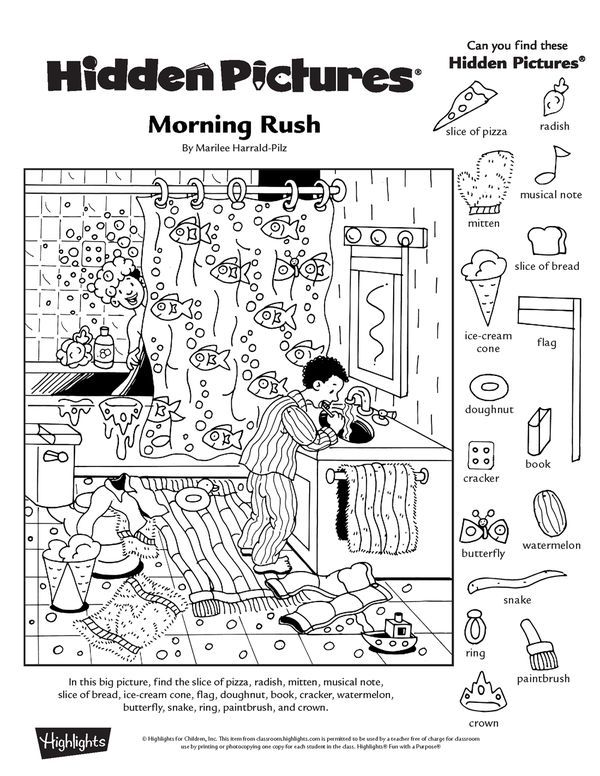 Do not want to spoil the pleasure of reading? Then set yourself the task of writing down words from just a few pages a day, and then just read the book, using a dictionary only as a last resort. And don't forget to read about how to expand your vocabulary through reading. nine0012
Do not want to spoil the pleasure of reading? Then set yourself the task of writing down words from just a few pages a day, and then just read the book, using a dictionary only as a last resort. And don't forget to read about how to expand your vocabulary through reading. nine0012
2. Pay attention to grammatical constructions
While reading, pay attention to how English tenses and grammatical constructions are used in the text. This is a very useful exercise, because the more a person reads, the more competently he speaks and writes. The logic is simple: you get used to seeing correctly formulated sentences, memorize them and subsequently reproduce them in your speech. Find out some useful tricks for learning grammar constructions from the article "How to improve your knowledge of English grammar while reading." nine0012
3. Read aloud
By reading aloud you practice correct pronunciation, but only if you know the rules of reading English well. We recommend reading our article “TOP-13 “Russian” mistakes in English pronunciation”.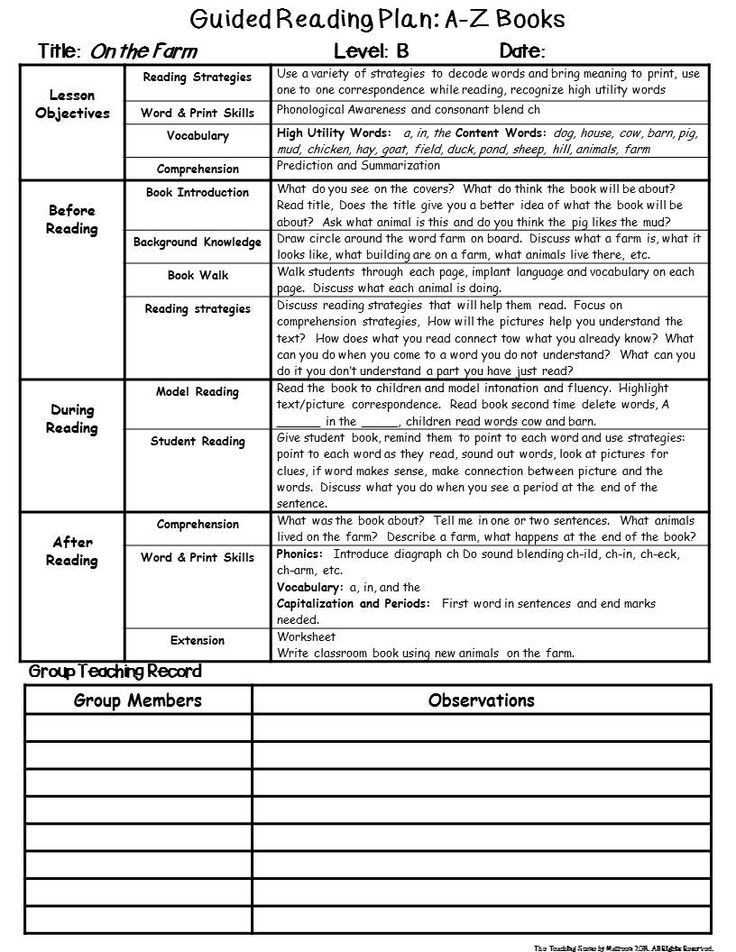 At the same time, reading aloud can quickly tire you out, so alternate it with reading to yourself.
At the same time, reading aloud can quickly tire you out, so alternate it with reading to yourself.
4. Use the correct dictionary
As we have already written, the dictionary should be used sparingly and in most cases try to do without it. Moreover, if you have already reached the Pre-Intermediate level, try using an explanatory (English-English) dictionary instead of Russian-English. So you learn not only a new word, but also its definition in English. Read our article about the benefits of an English-English dictionary. nine0012
5. Don't use translation software
Machine translation is bad for fiction and English learning in general. So far, none of the most advanced programs can translate phrases taking into account the context. If you have a desire to use the help of the program, think about whether the text you have chosen is too complicated. Perhaps you should take something simpler so that when reading, you can manage with your knowledge.
6.
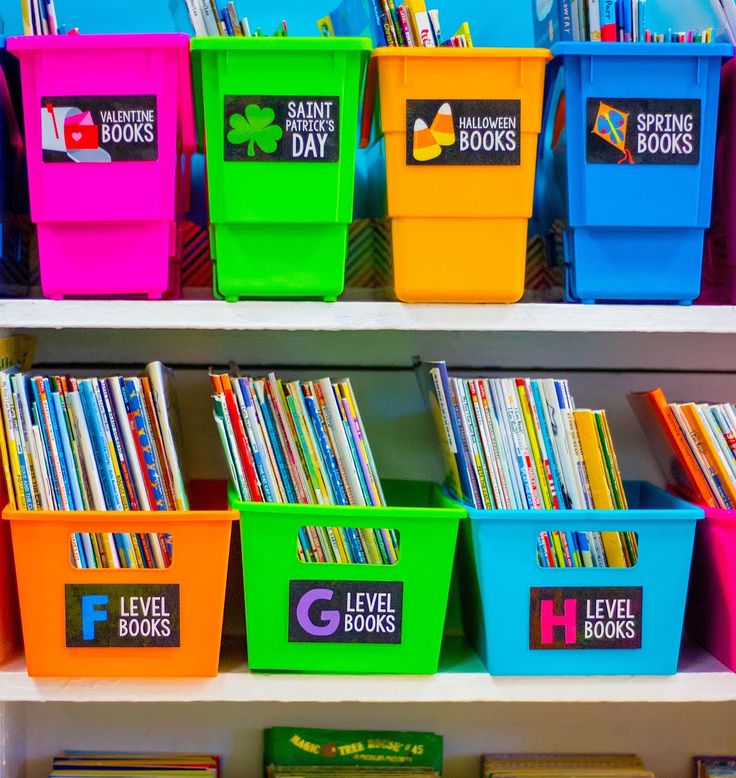 Be patient
Be patient Of course, we painted a very rosy picture: take a book in English and read it easily. In fact, the first pages will be given with great difficulty, because you have actually been pulled out of the Russian-speaking environment and plunged headlong into the English language. Our advice is to stick with the first few pages and try not to go into too much detail. While reading, do not try to analyze every word. Remember what happens while reading in Russian: you do not read each word separately and do not think about it, but perceive the text as a whole and imagine what is happening in your head. Do the same with the English text: draw the plot in your mind, try not to think that some words are unfamiliar to you. nine0012
7. Read regularly
Try to read at least 4-6 pages a day. It will take quite a bit of time, but the results of your classes will be noticeable very soon. Particular attention should be paid to reading for those who take a break from learning, for example, during a vacation.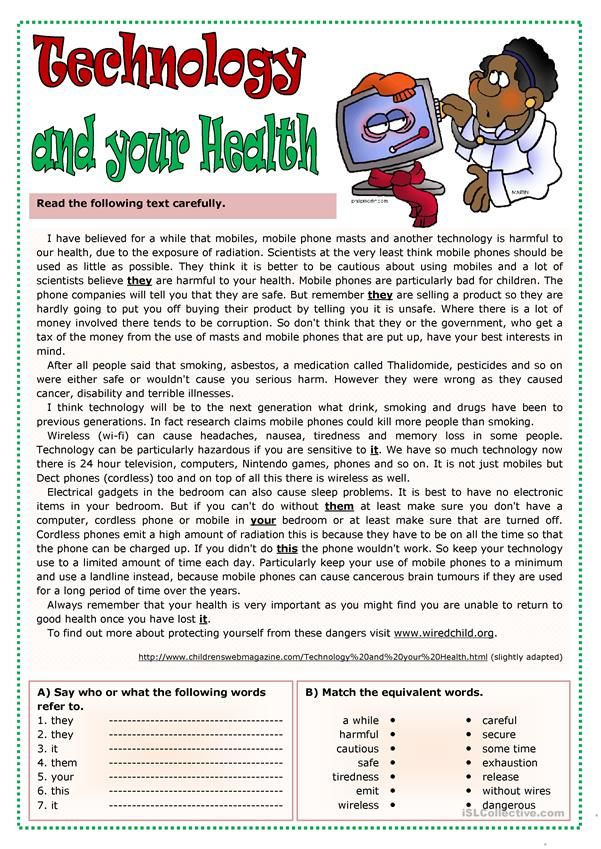

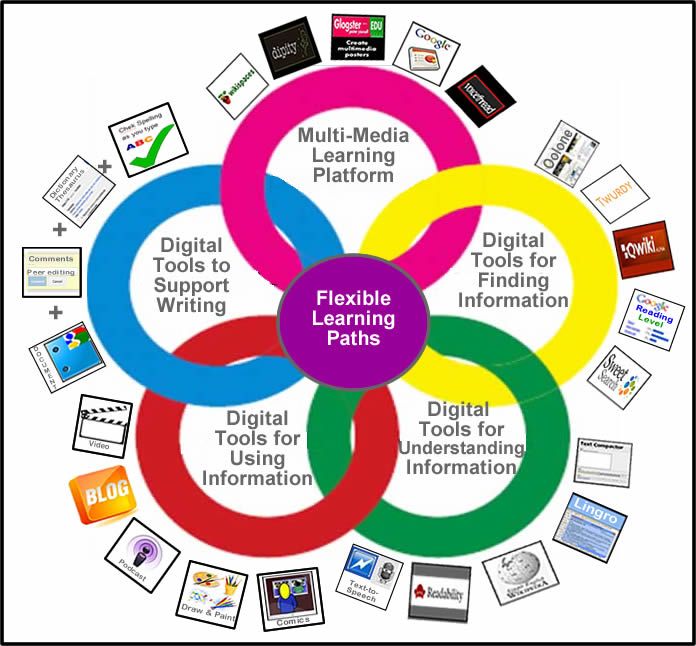 30000 characters
30000 characters 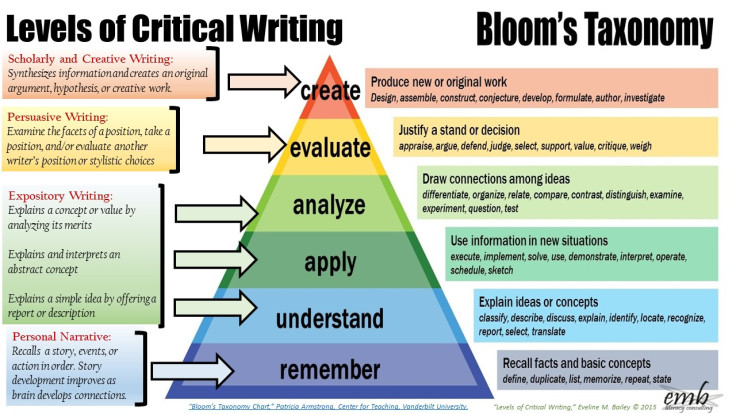 80000 characters
80000 characters  A must read!
A must read!  Jerome
Jerome 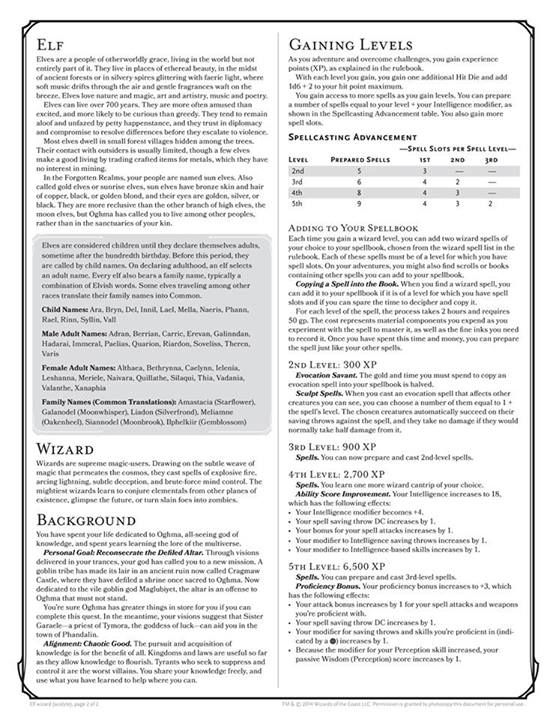 45000 characters
45000 characters 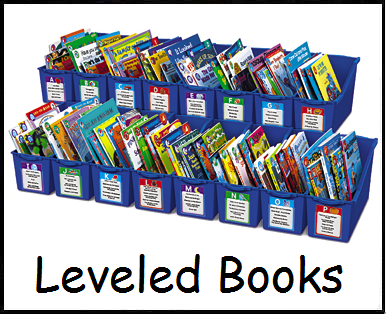 100000 characters
100000 characters 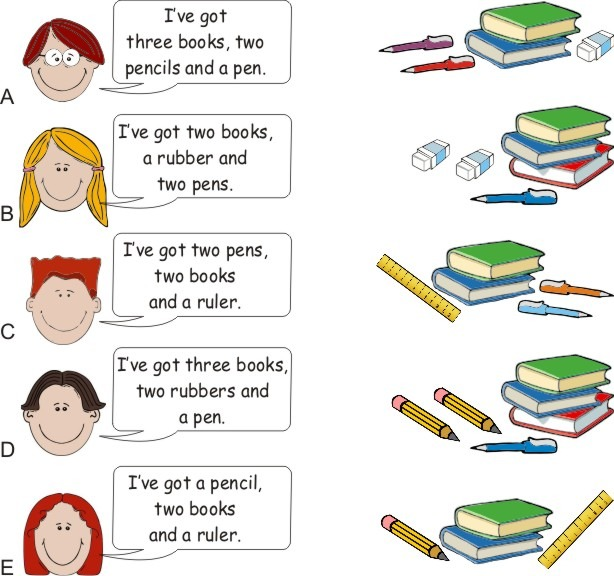 Is there any hope for a happy ending? Read about it yourself. nine0012
Is there any hope for a happy ending? Read about it yourself. nine0012 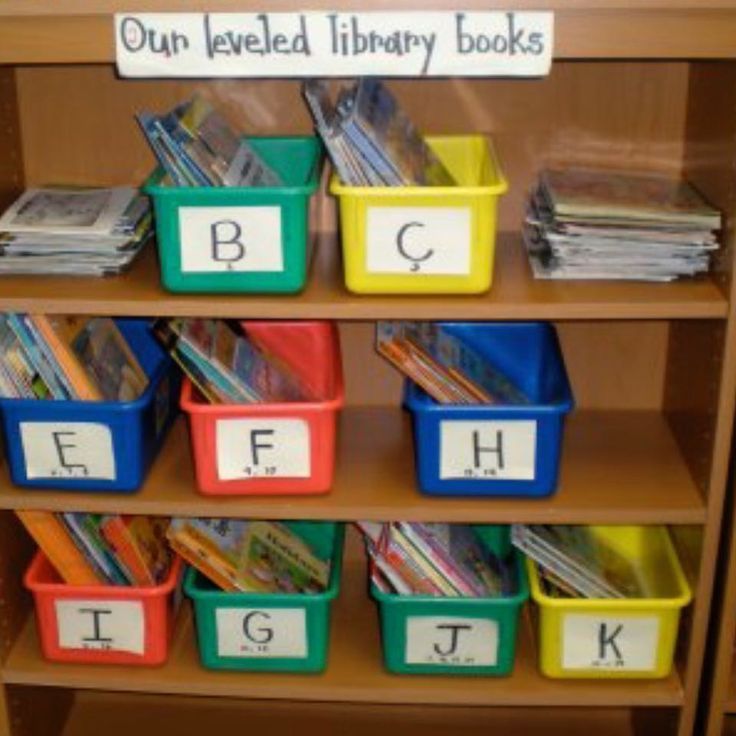 30000 characters
30000 characters 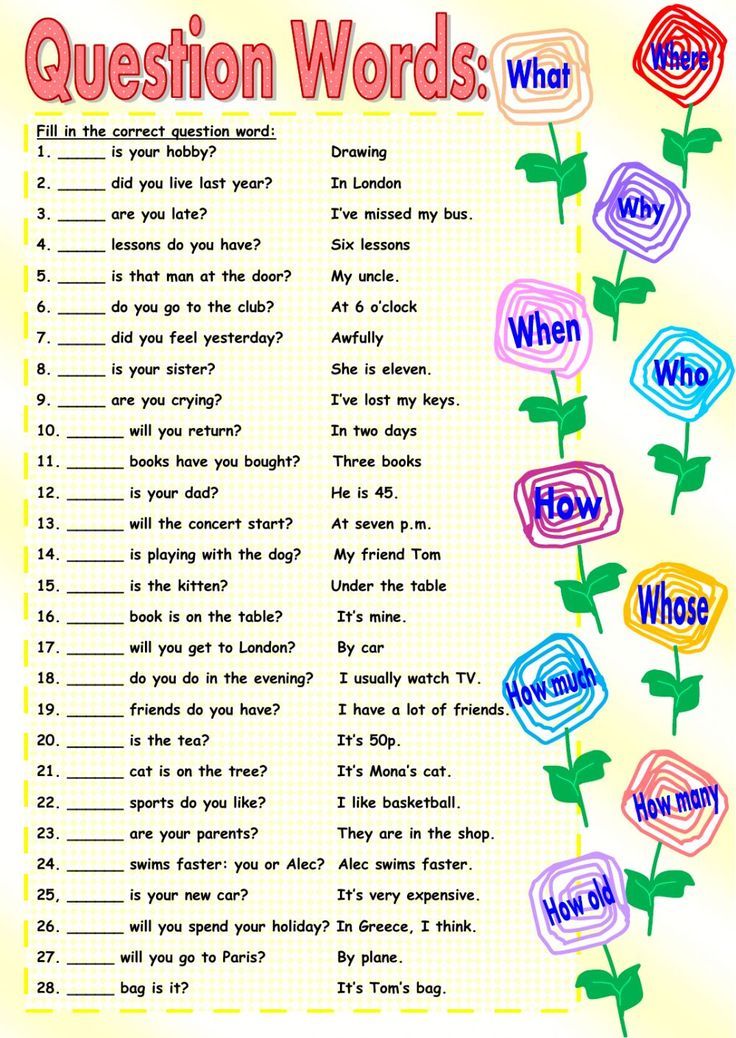 Will the object of her sighs appreciate the dignity of Elizabeth? Read on and you will find out for yourself. nine0012
Will the object of her sighs appreciate the dignity of Elizabeth? Read on and you will find out for yourself. nine0012 
